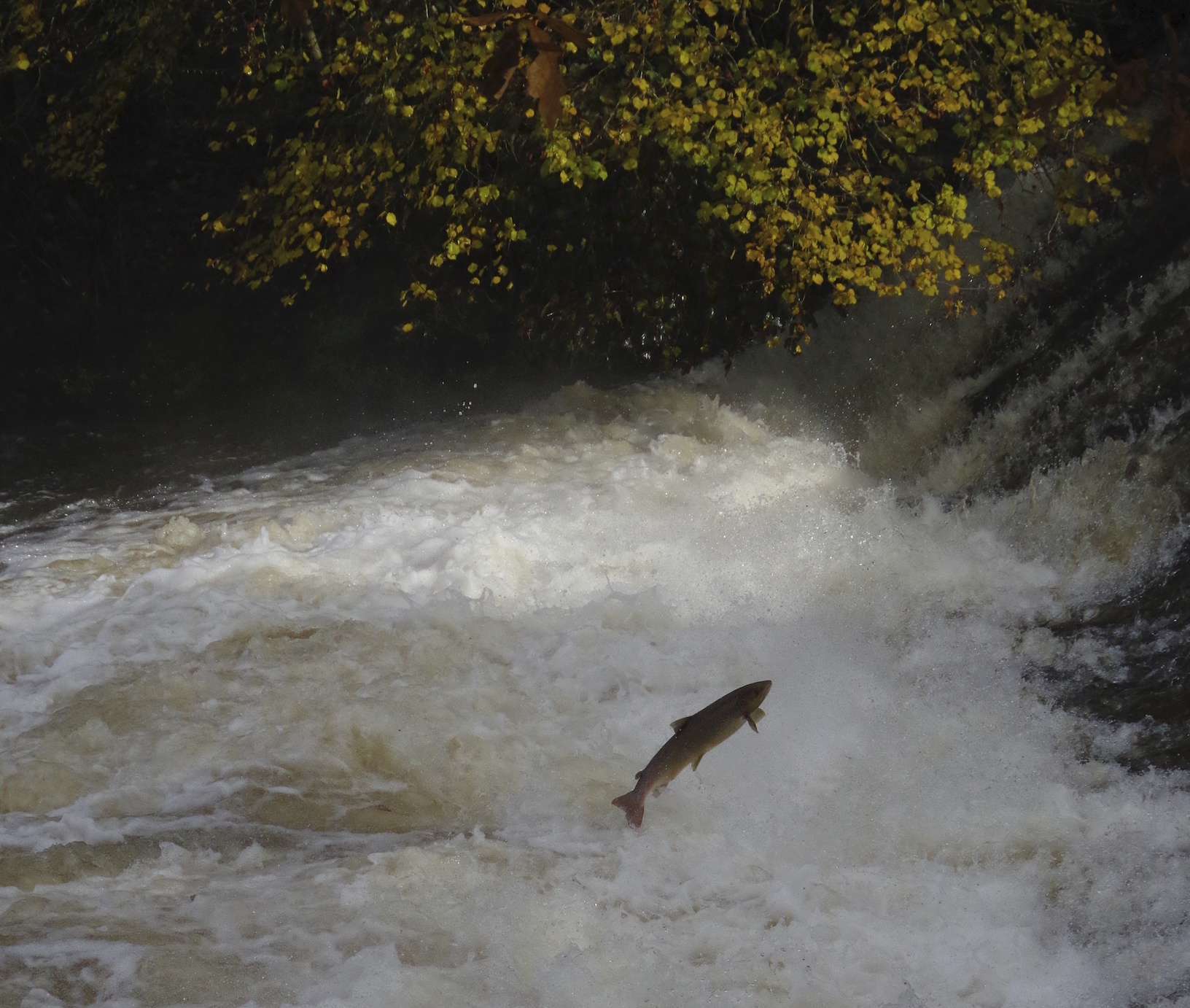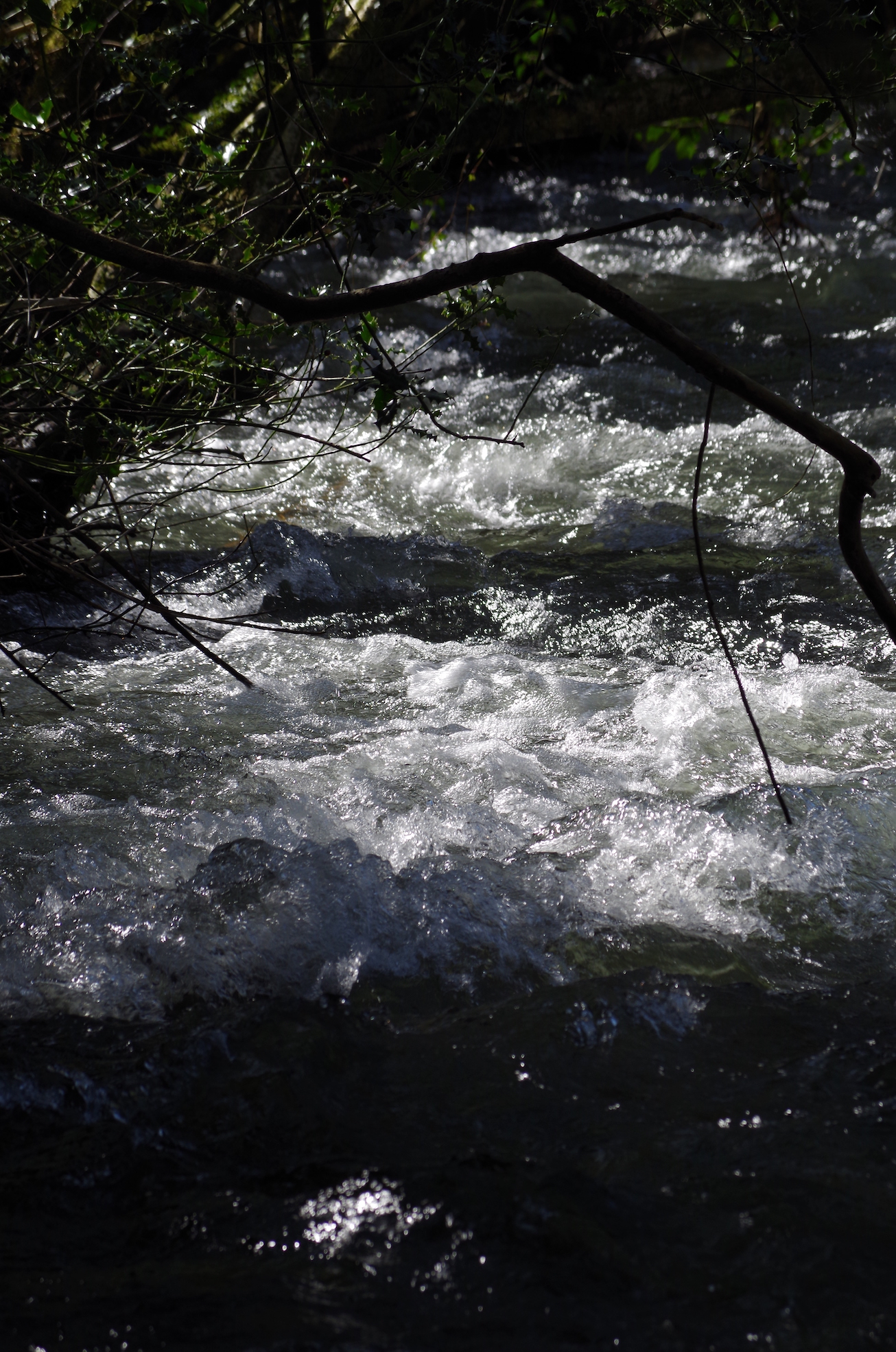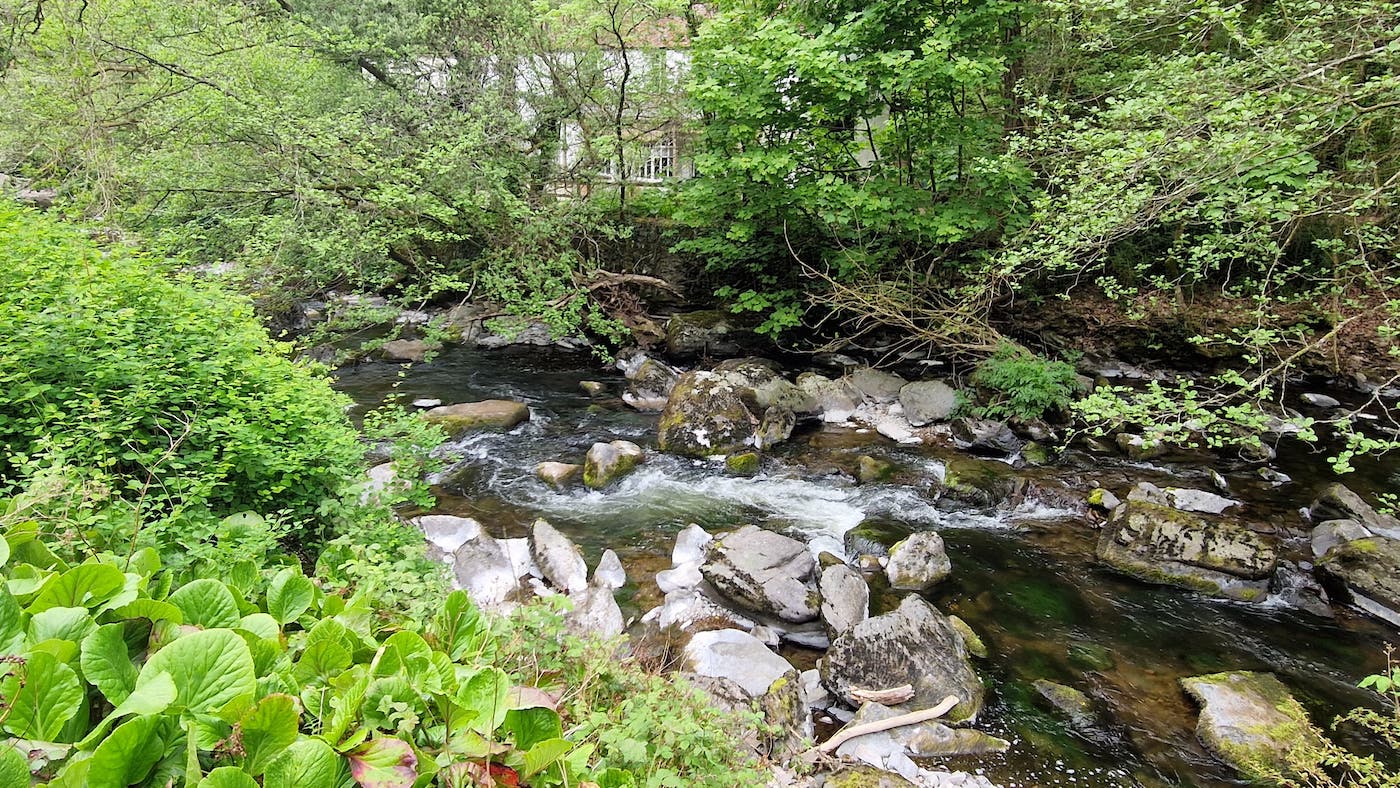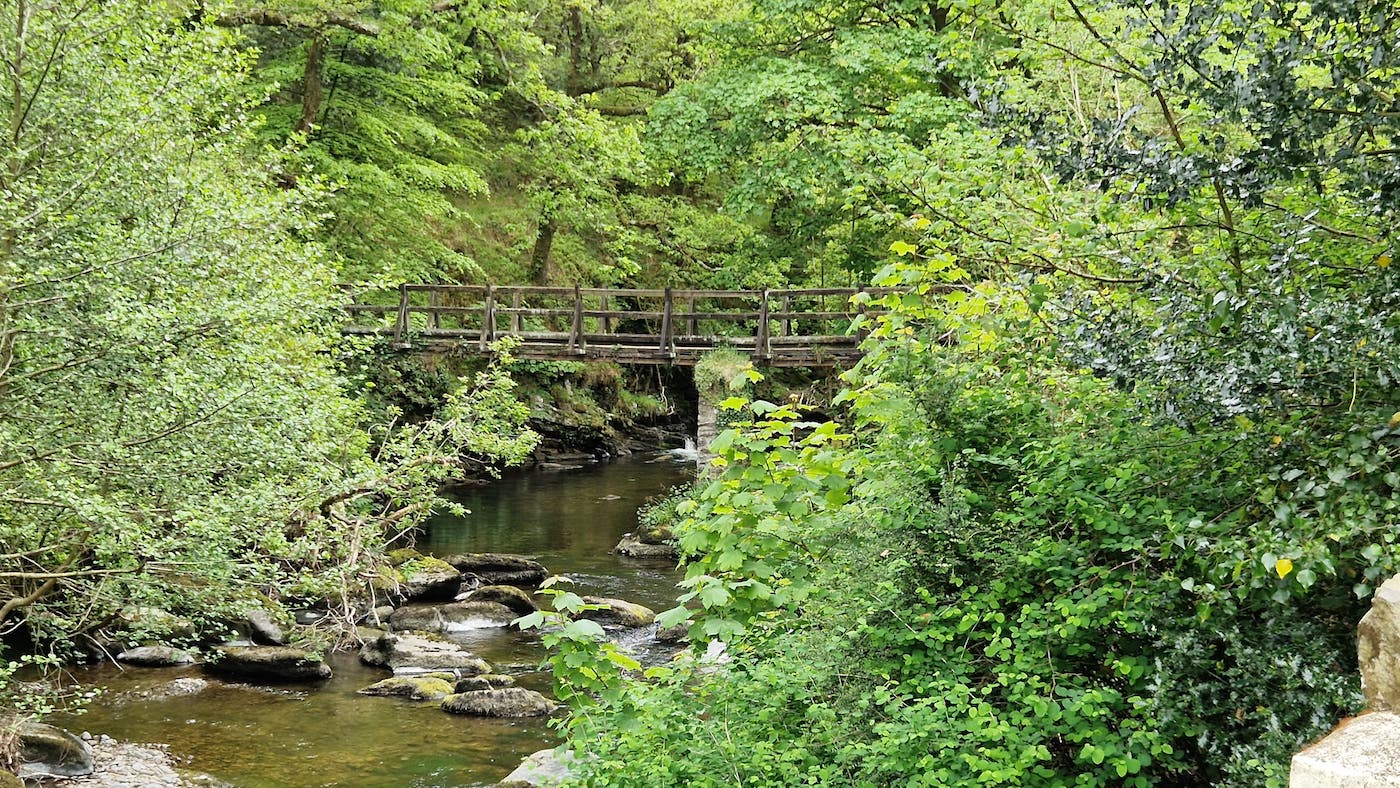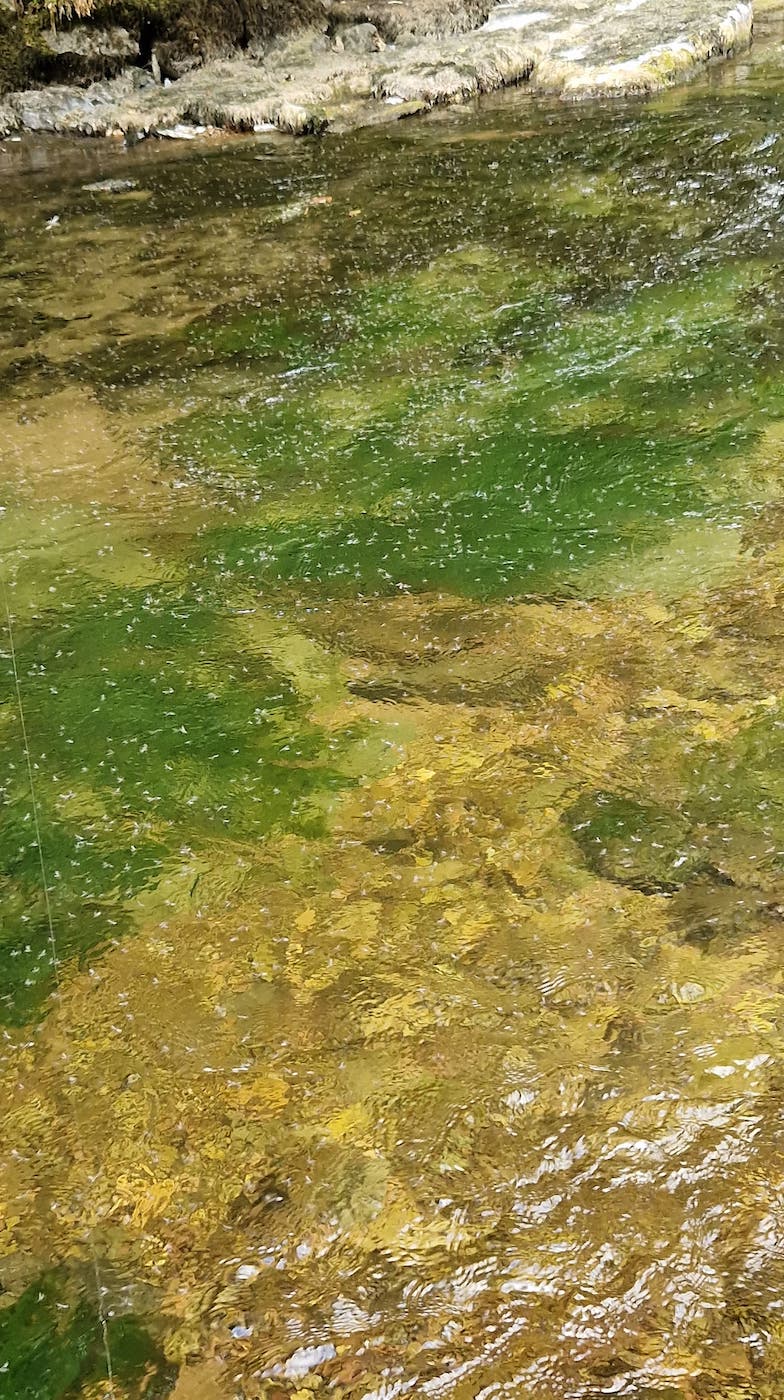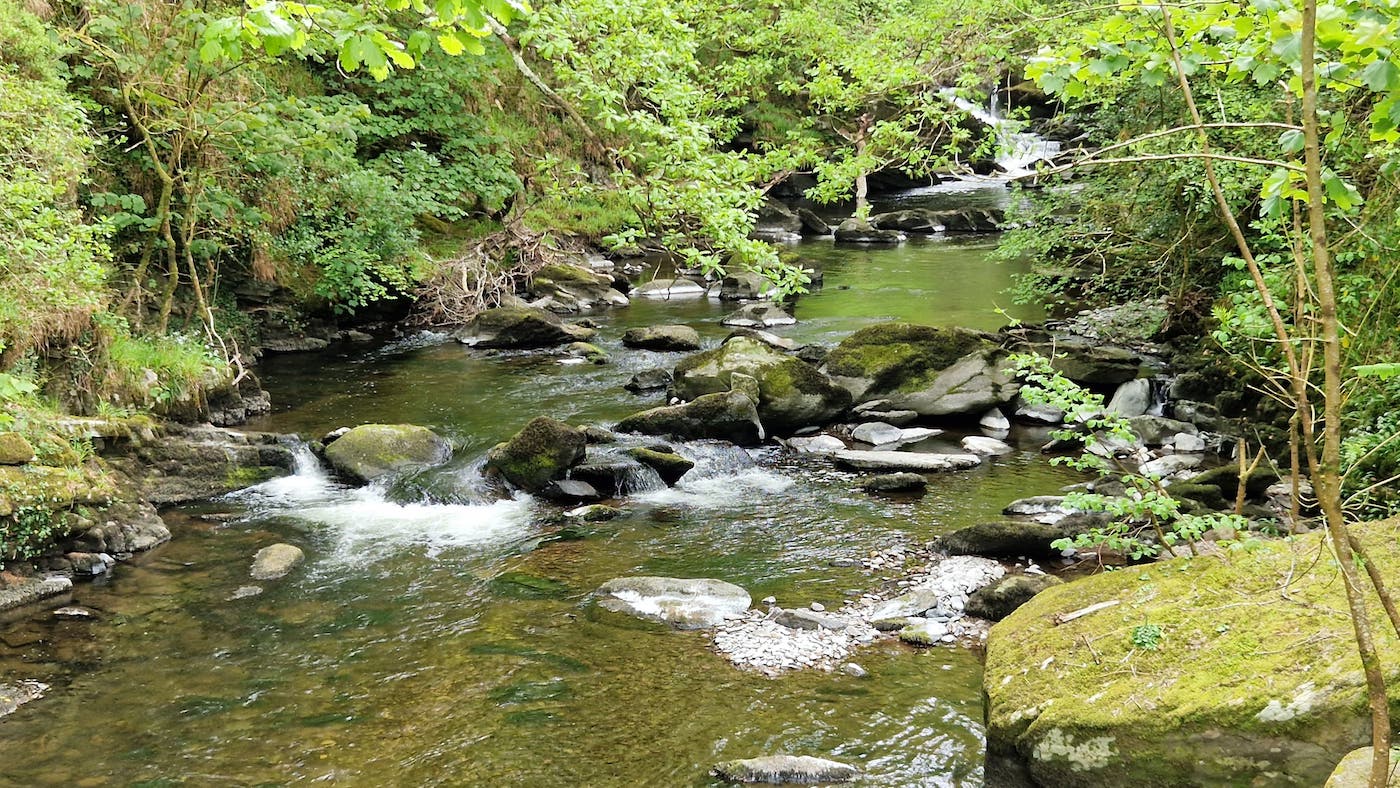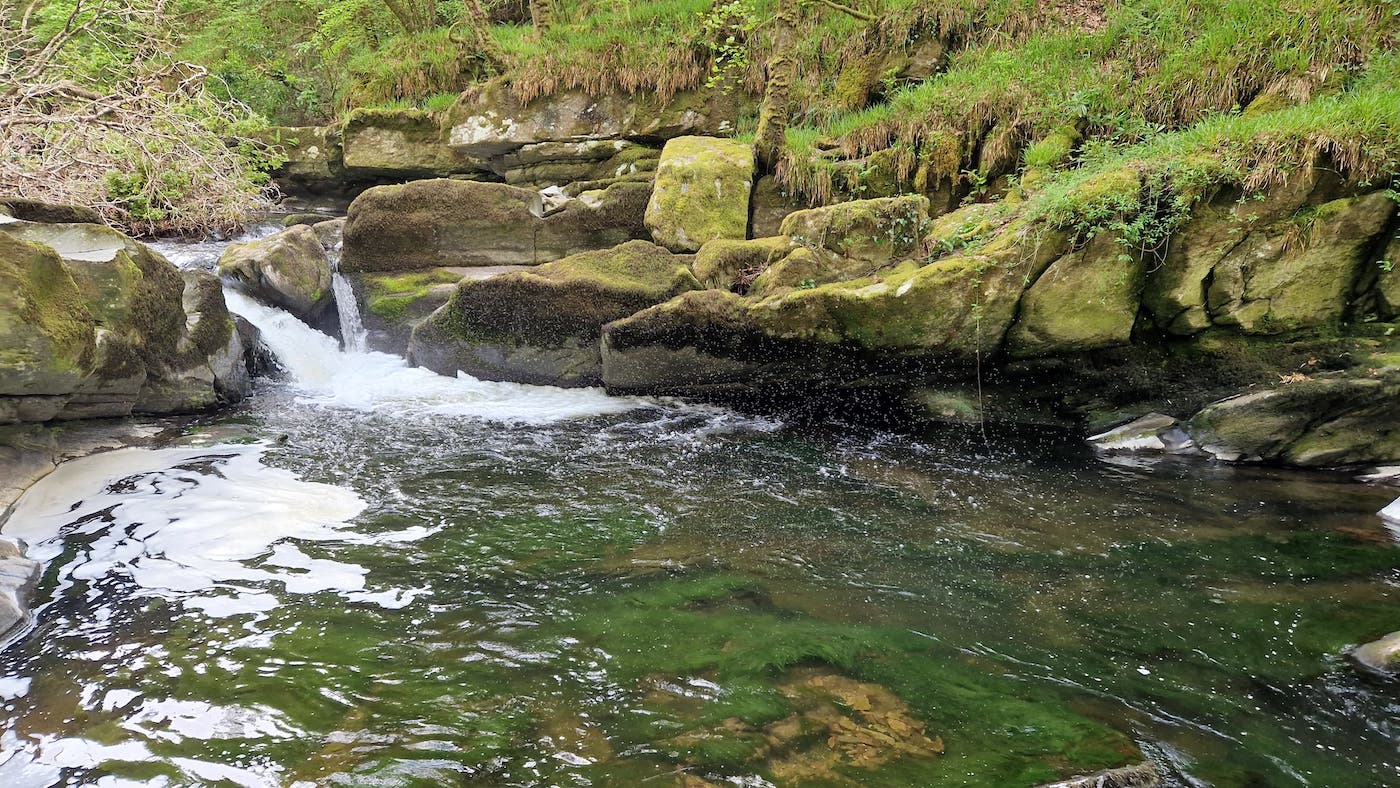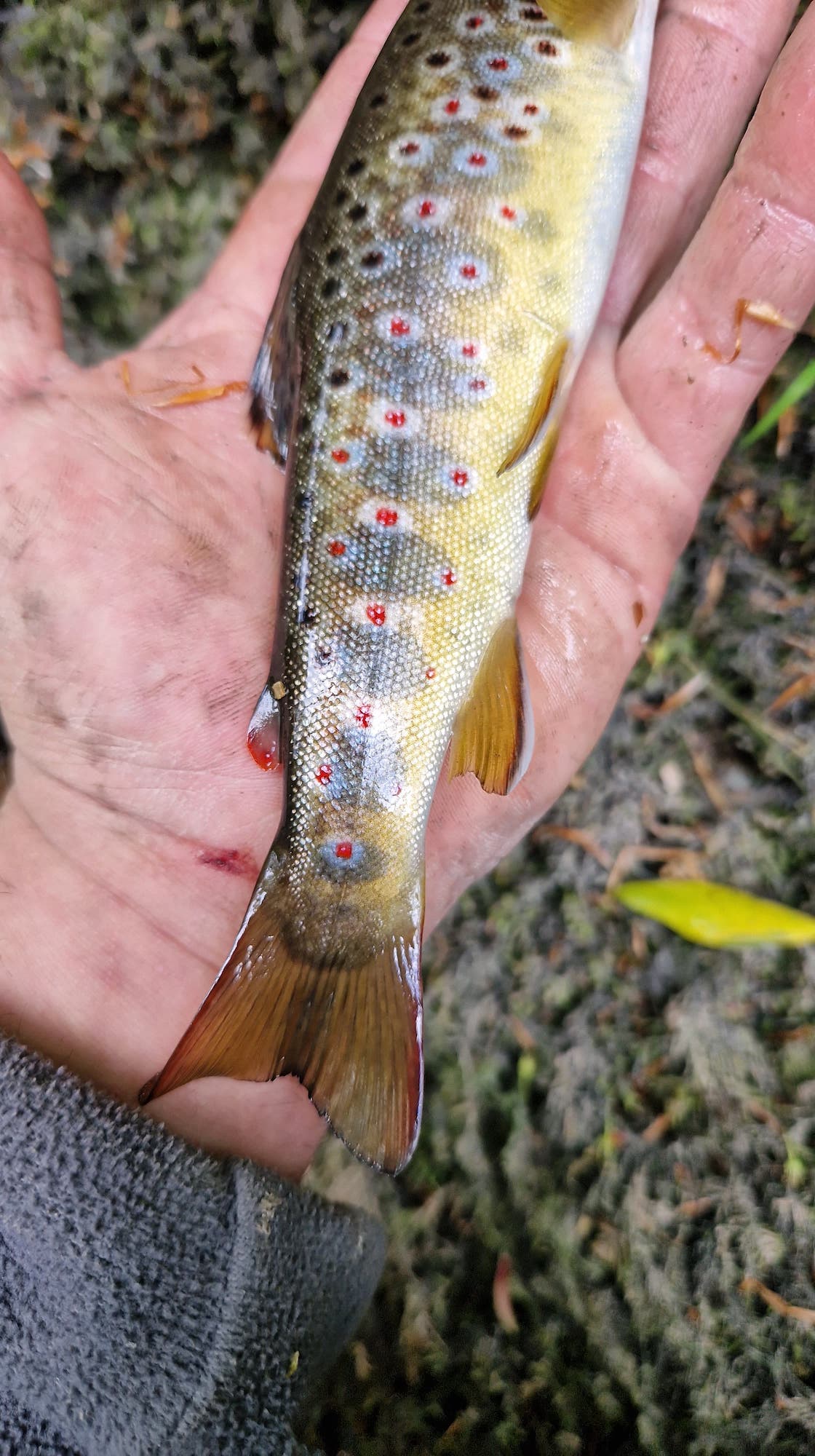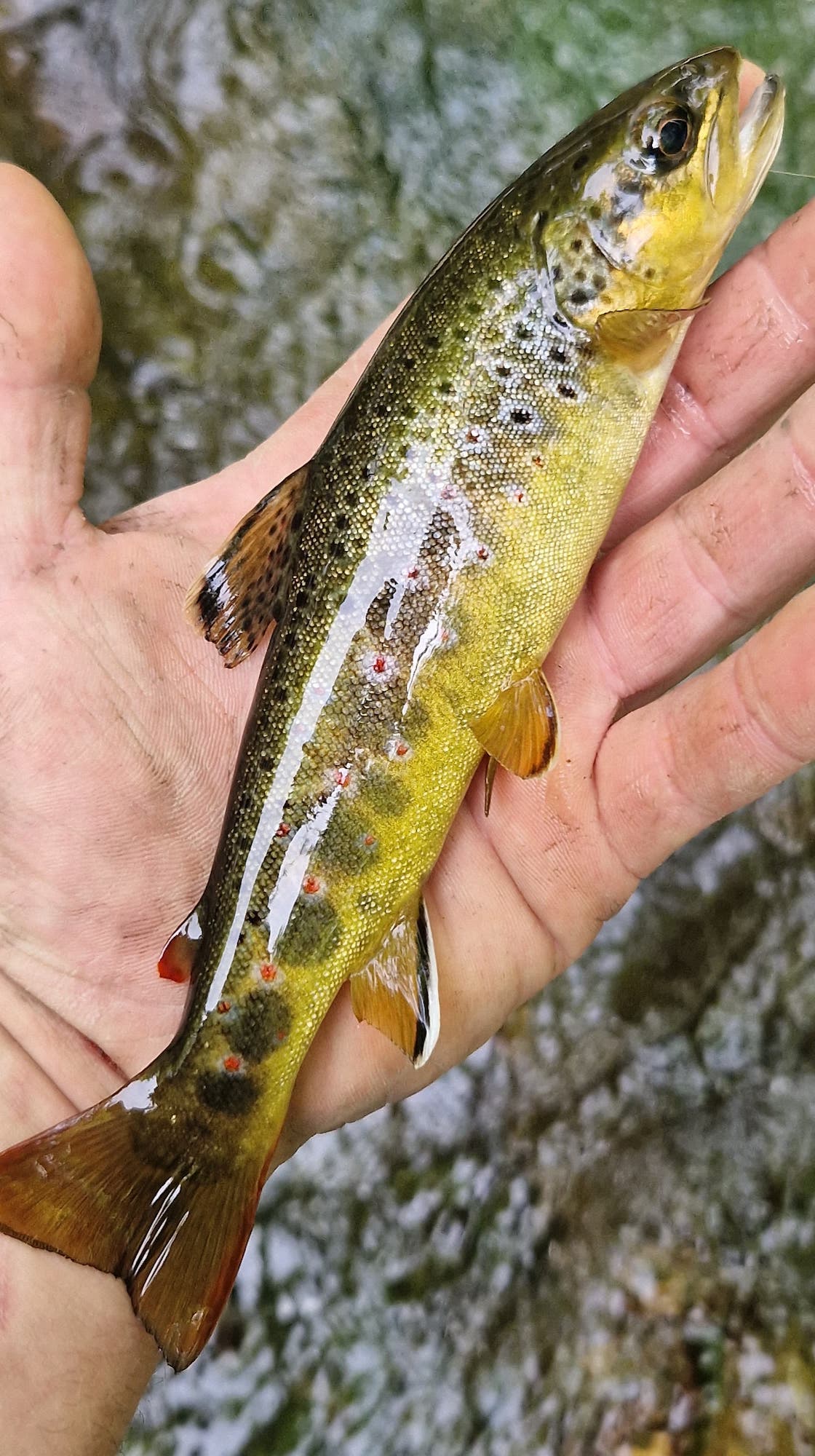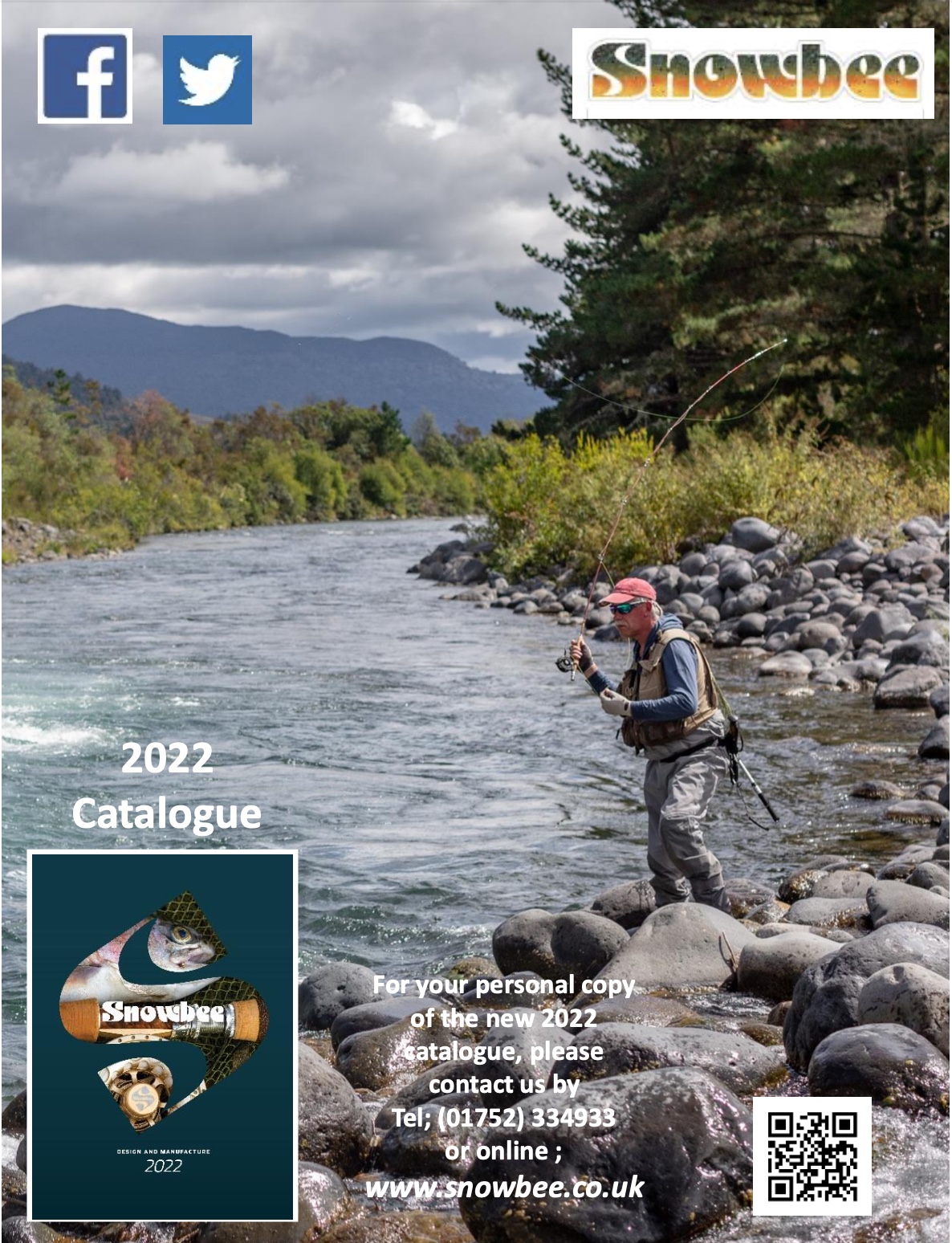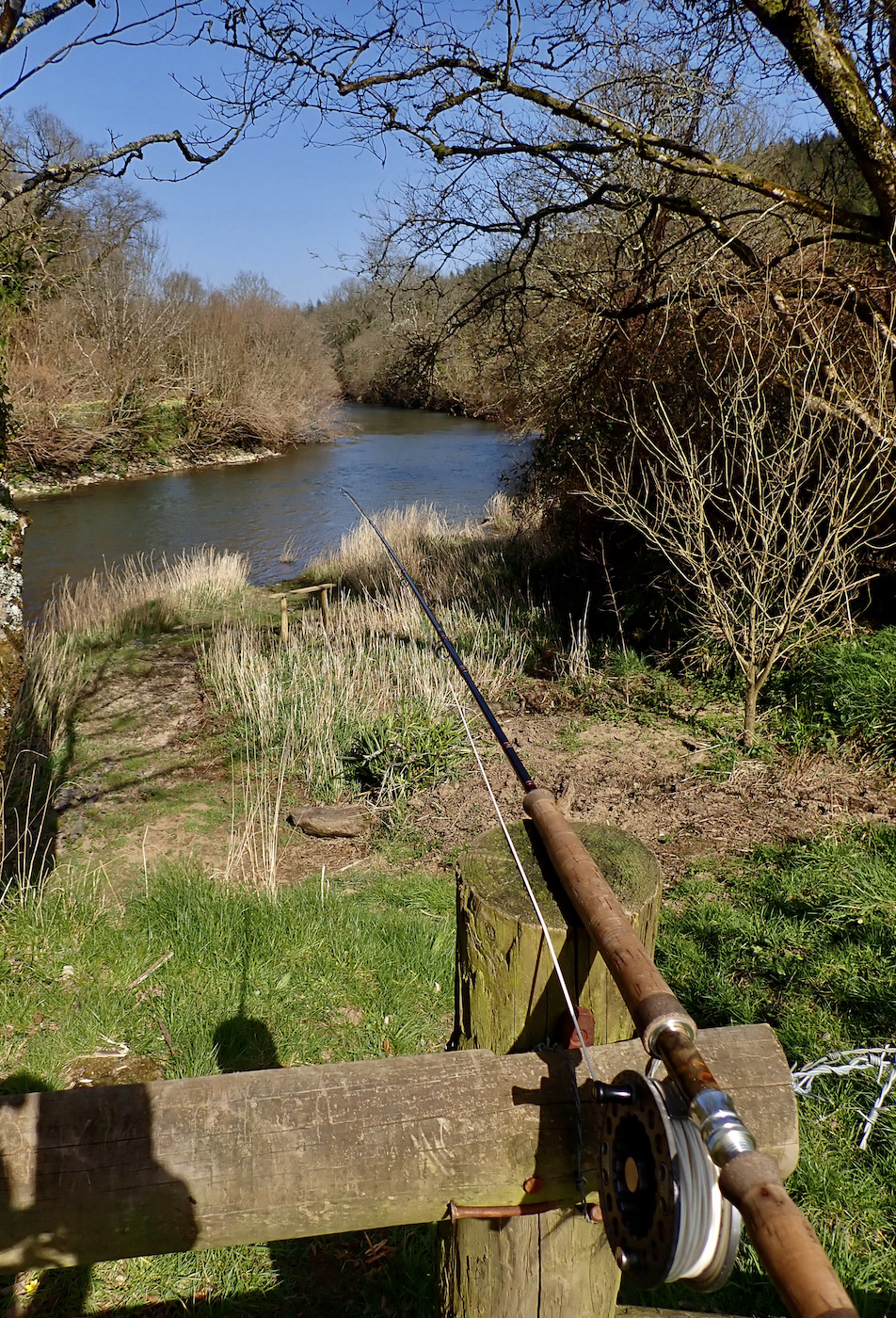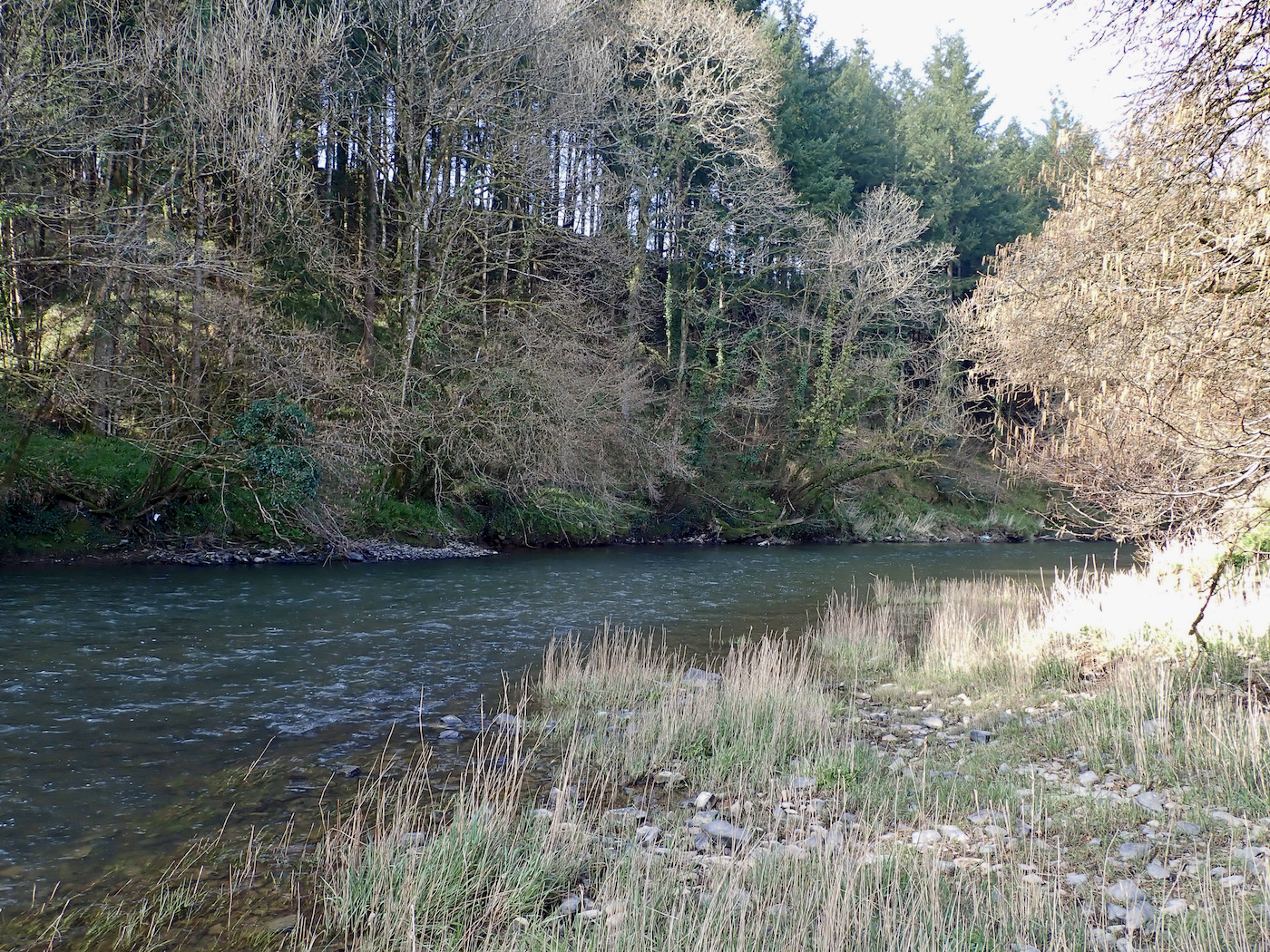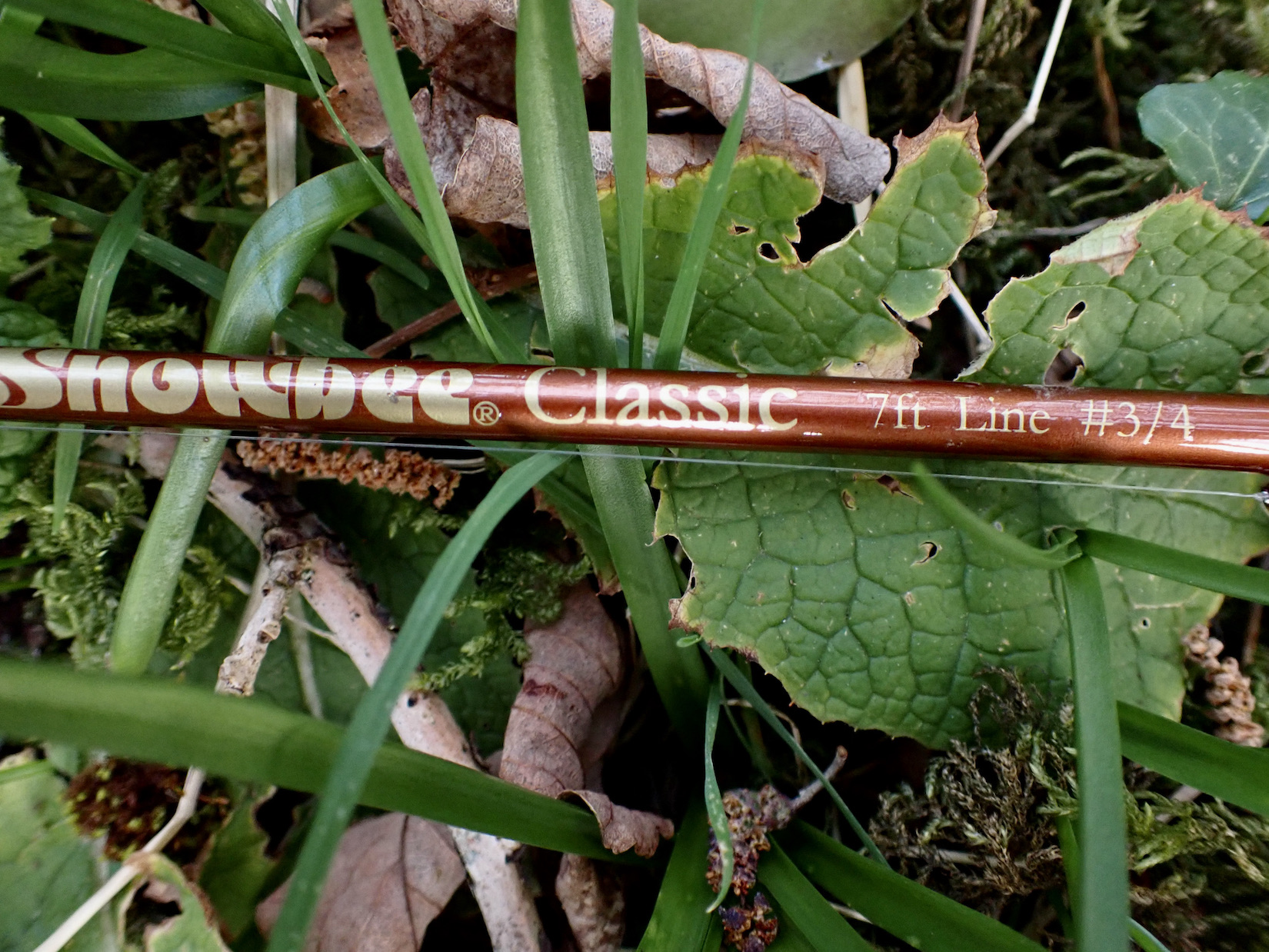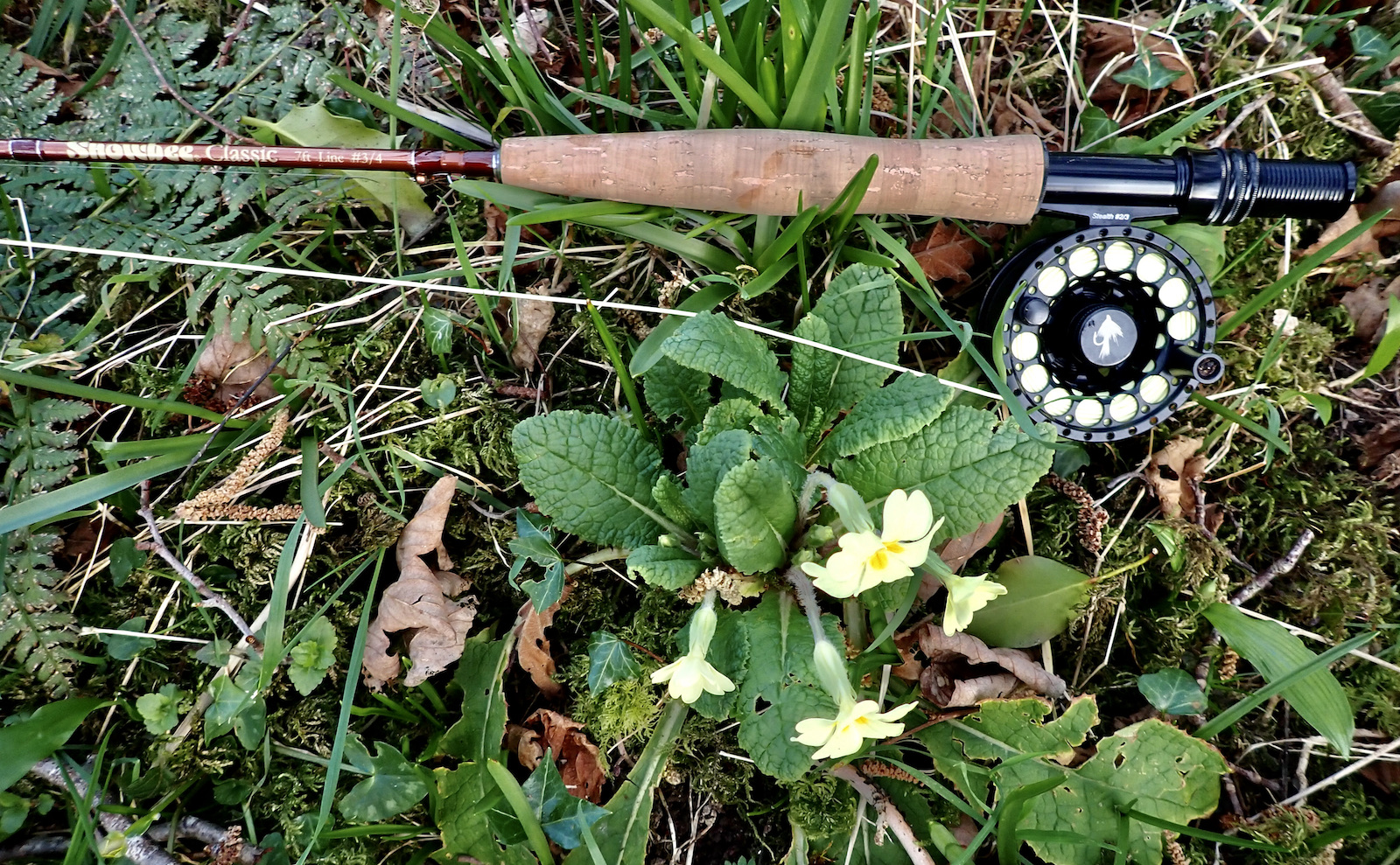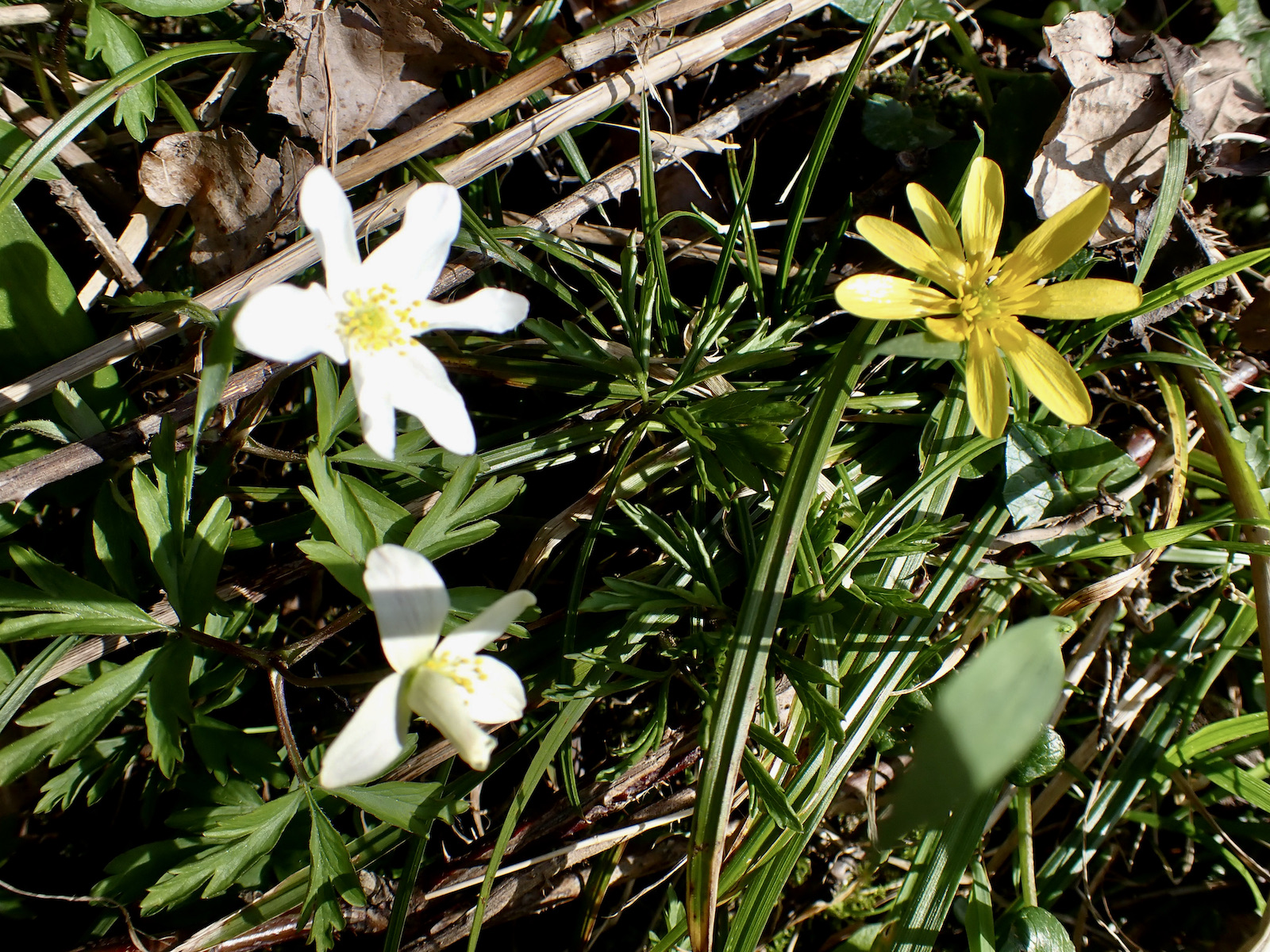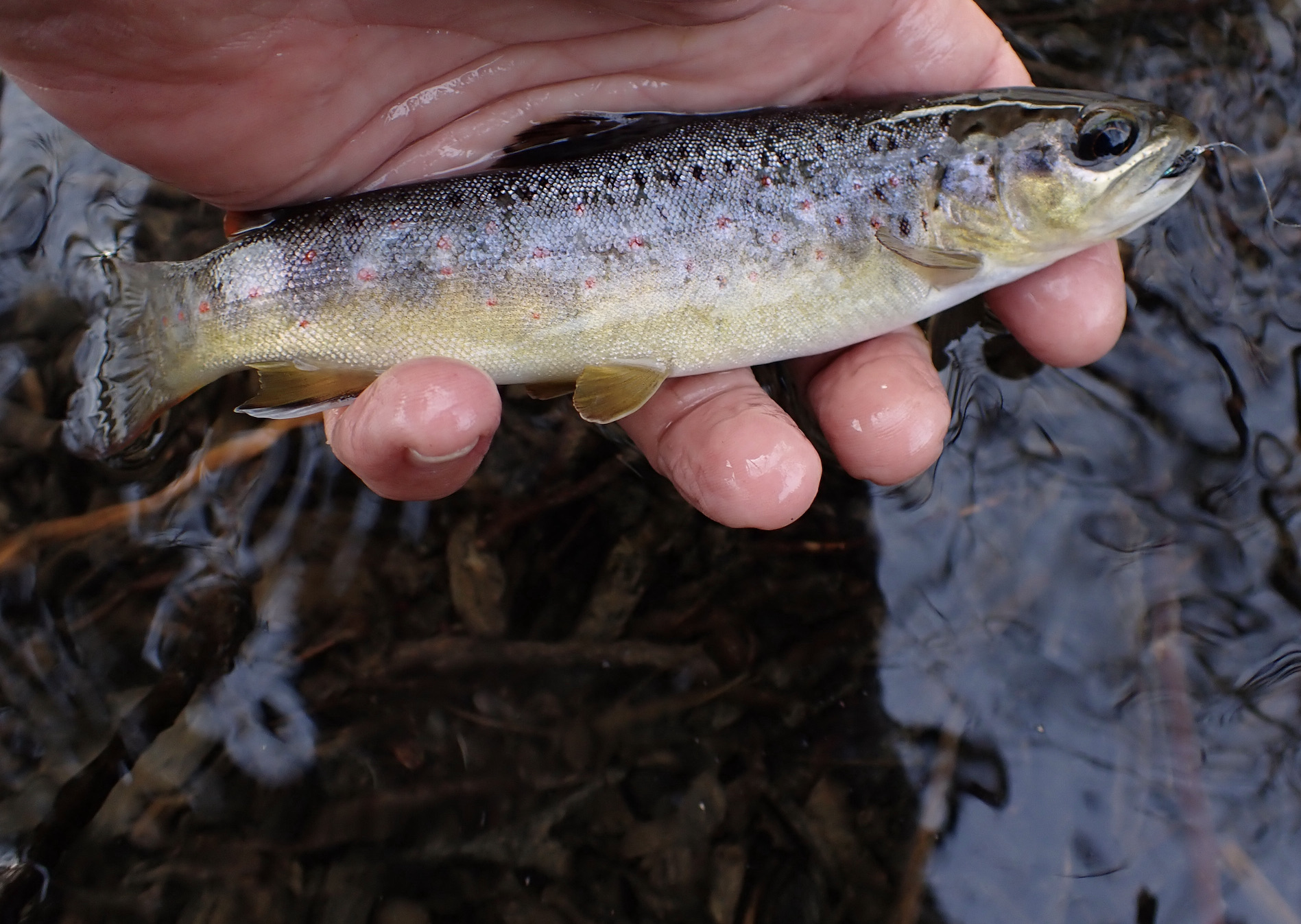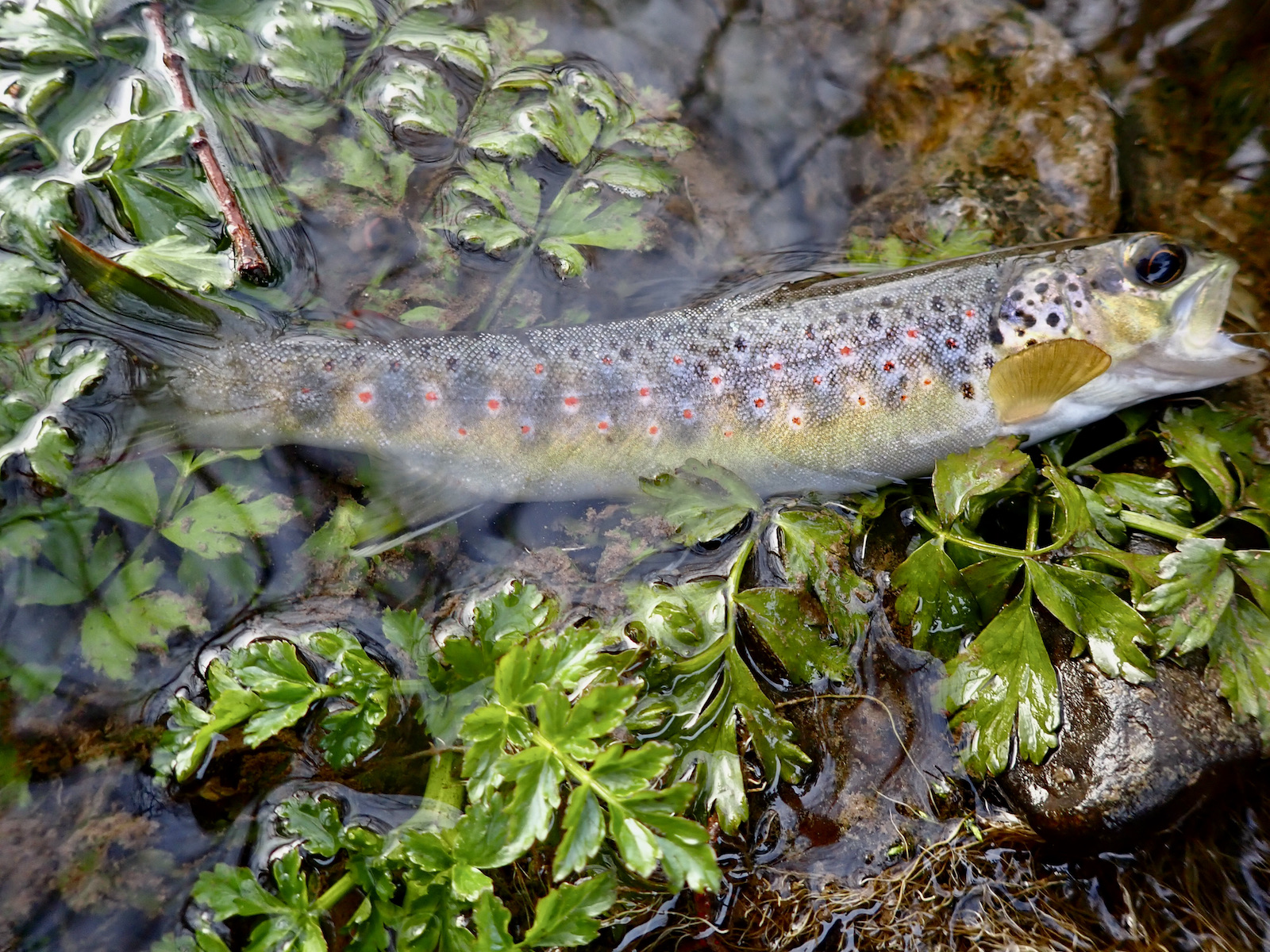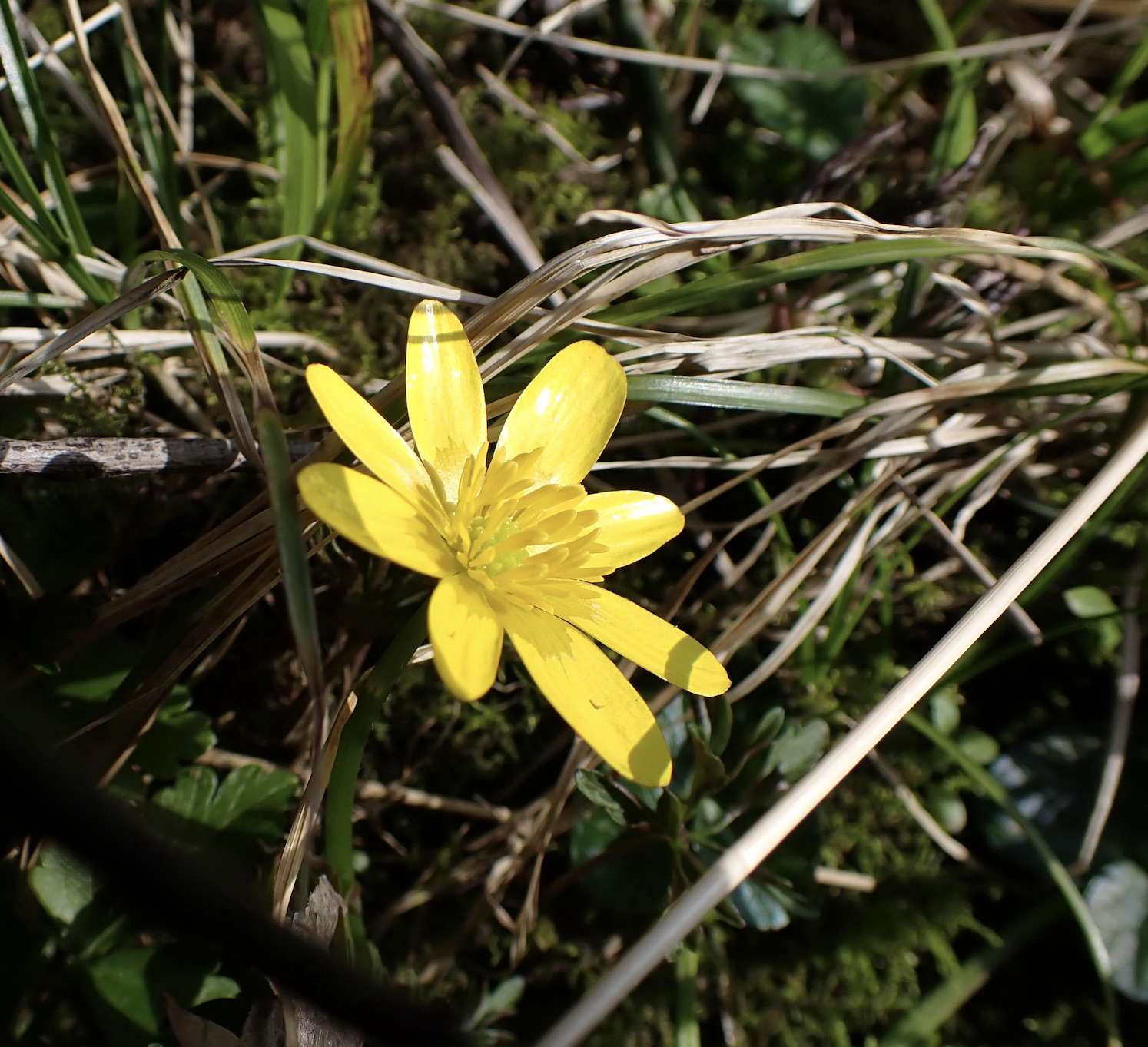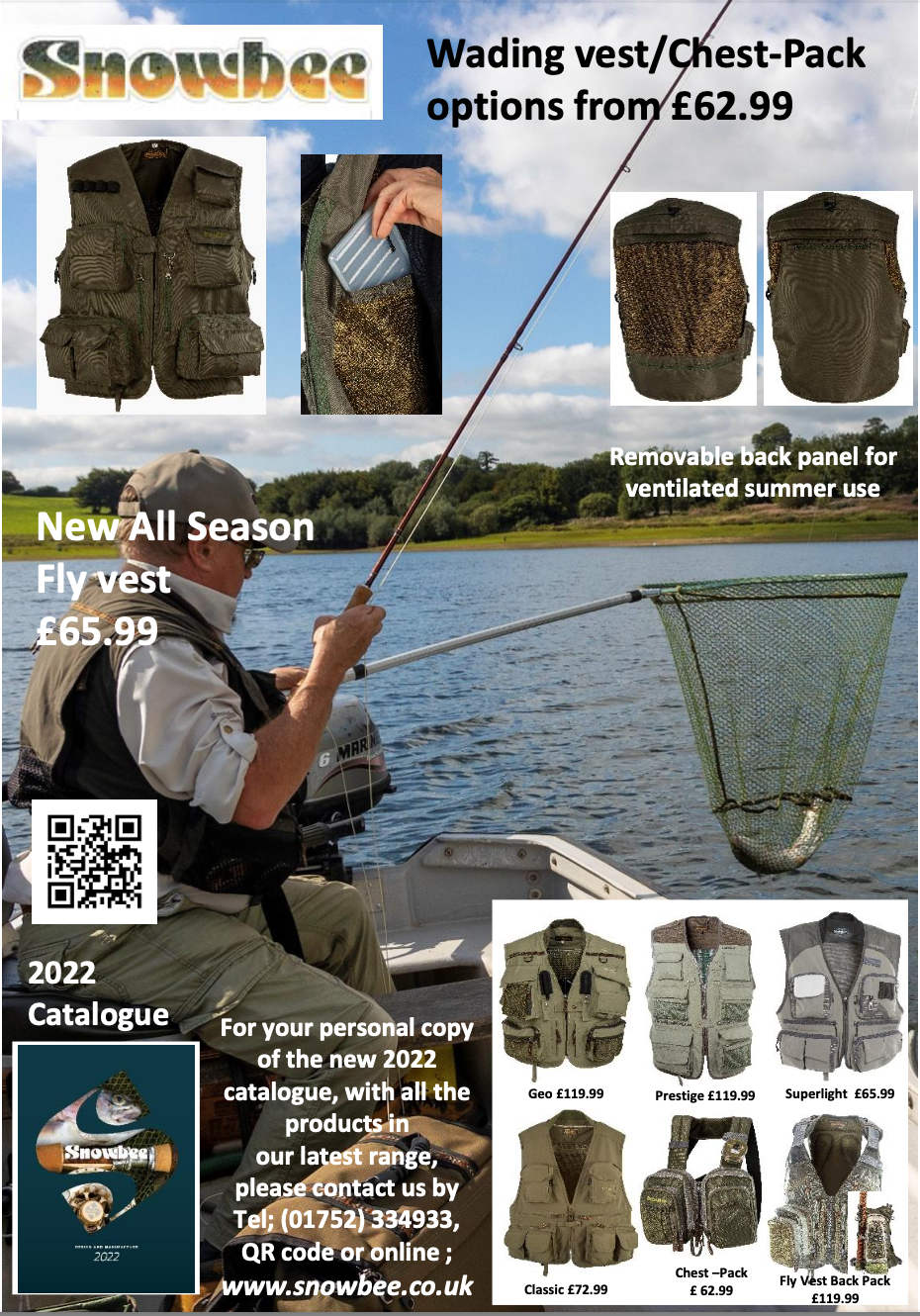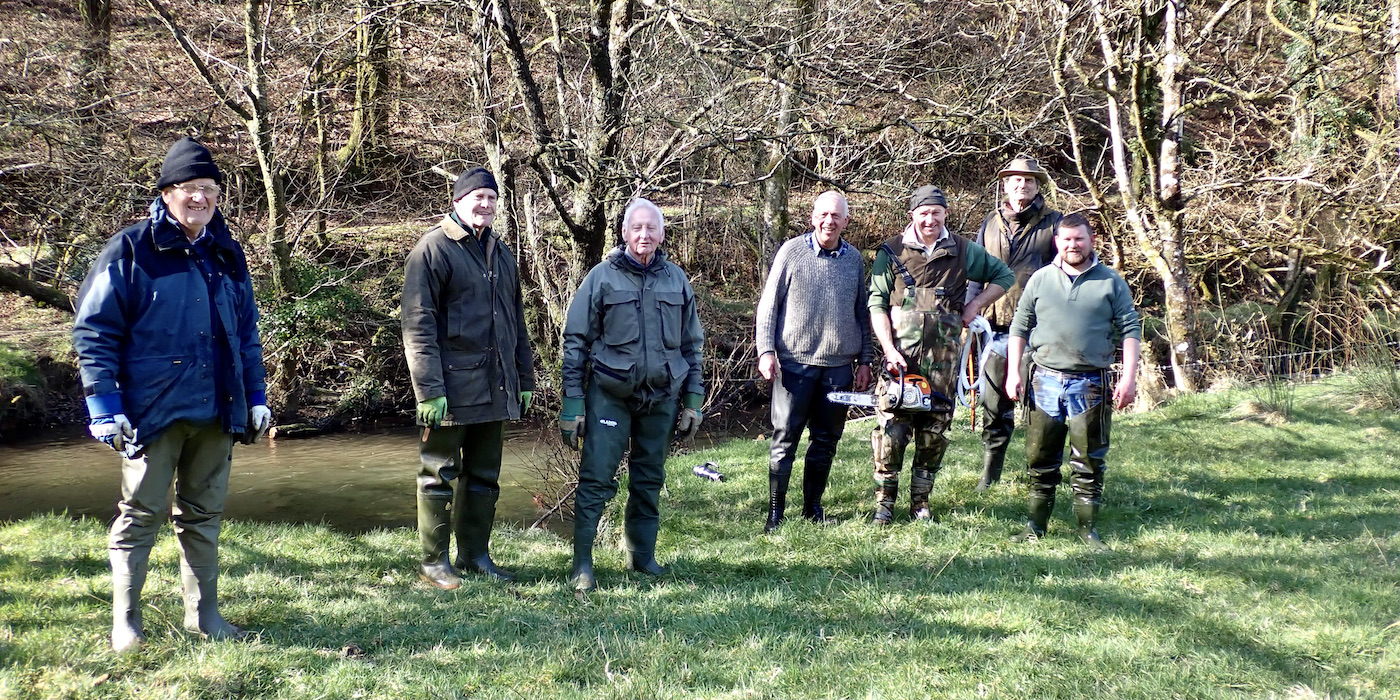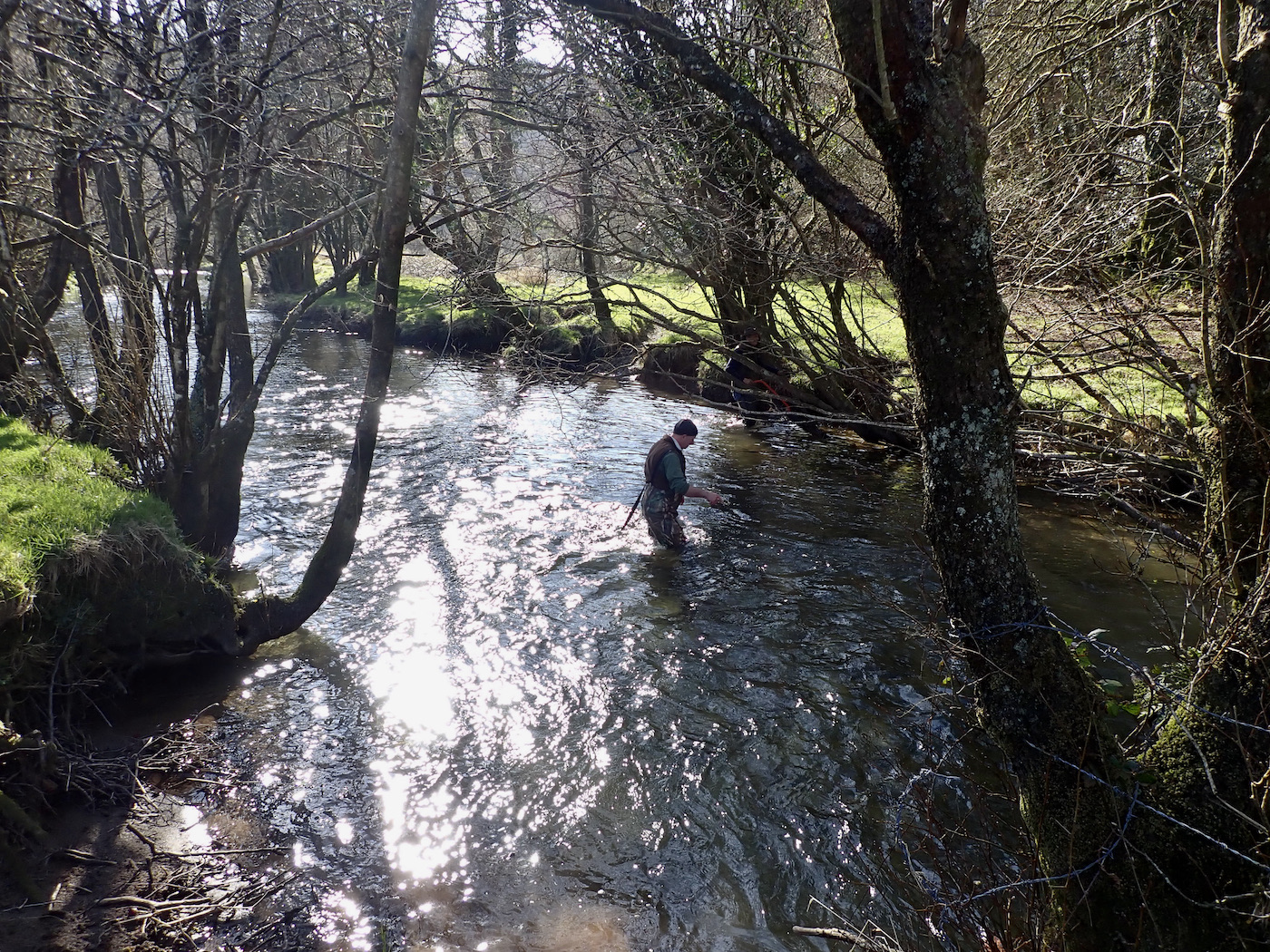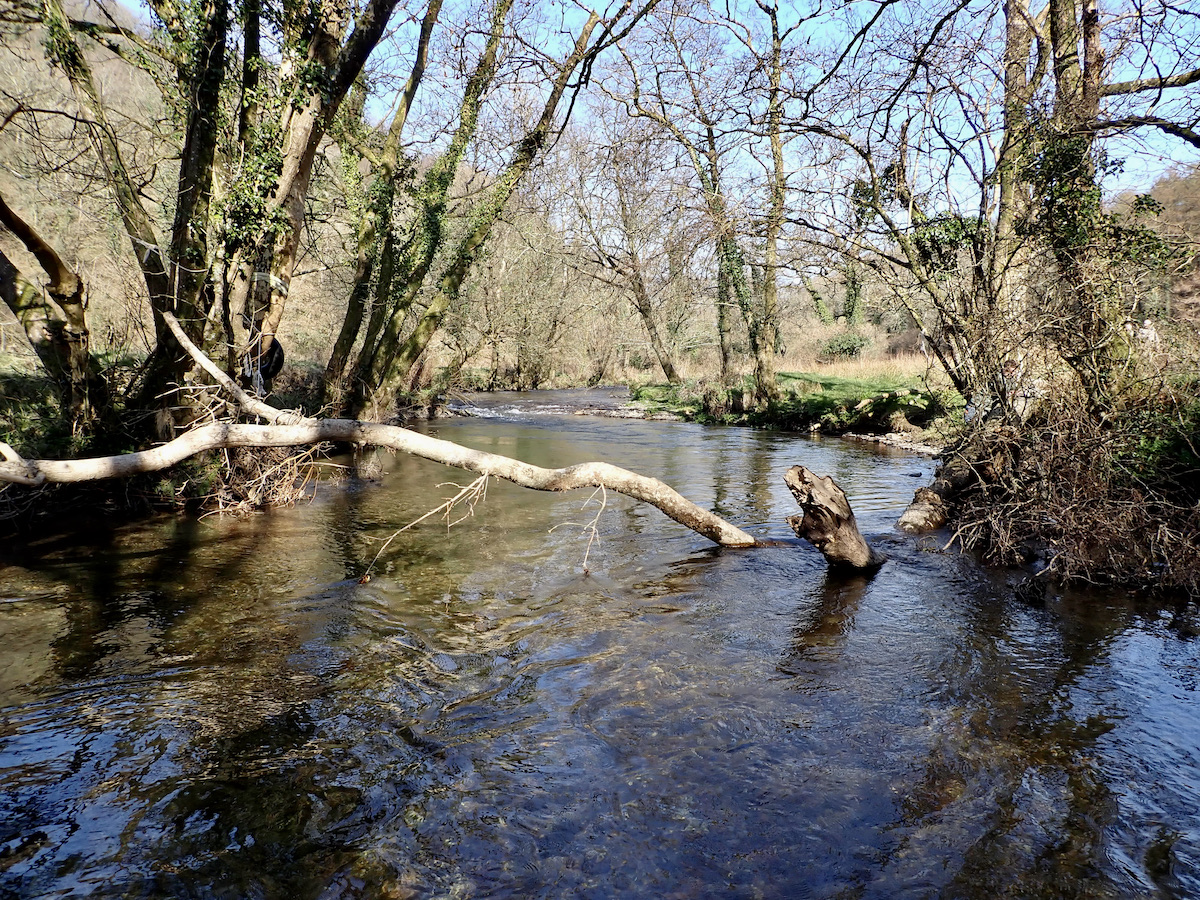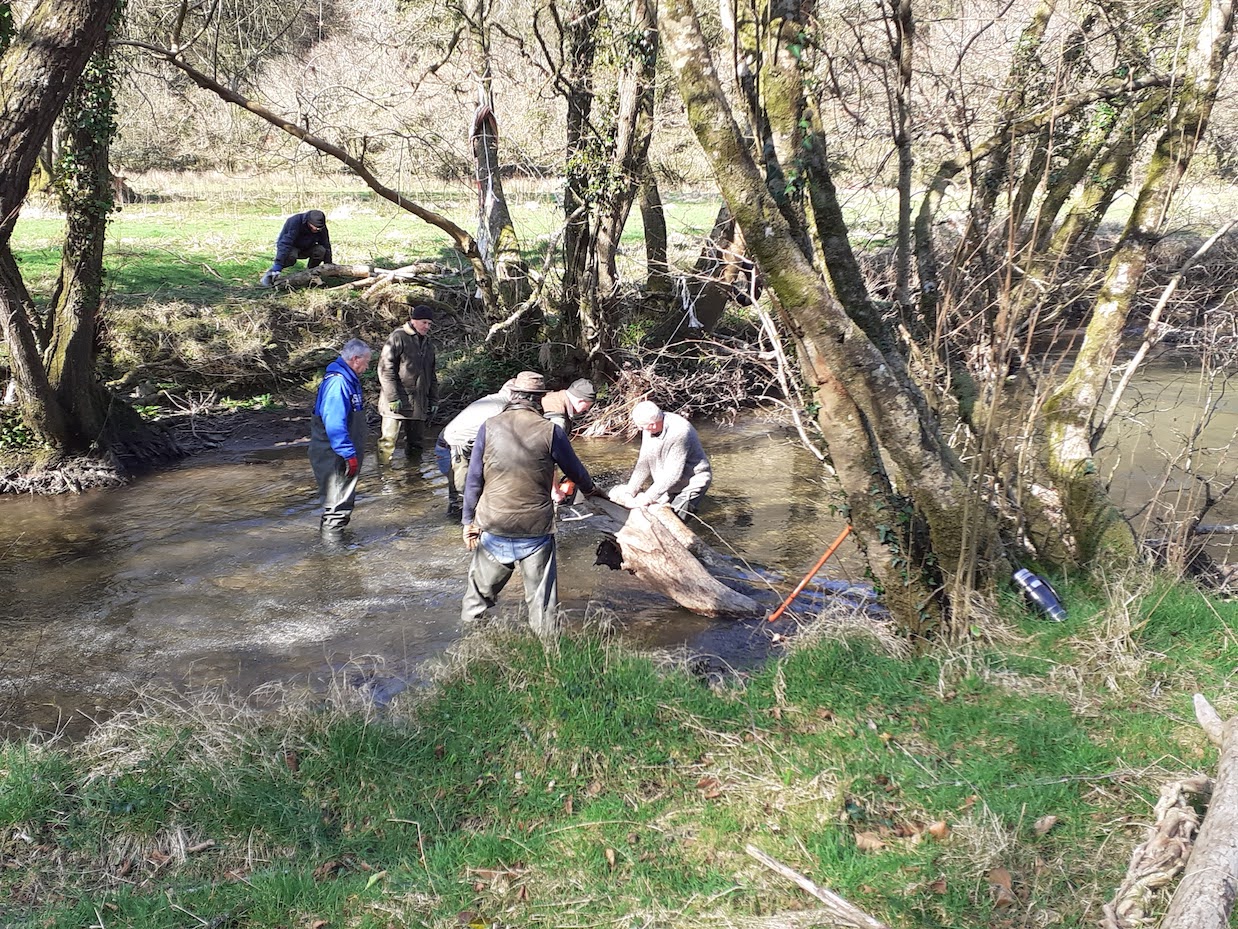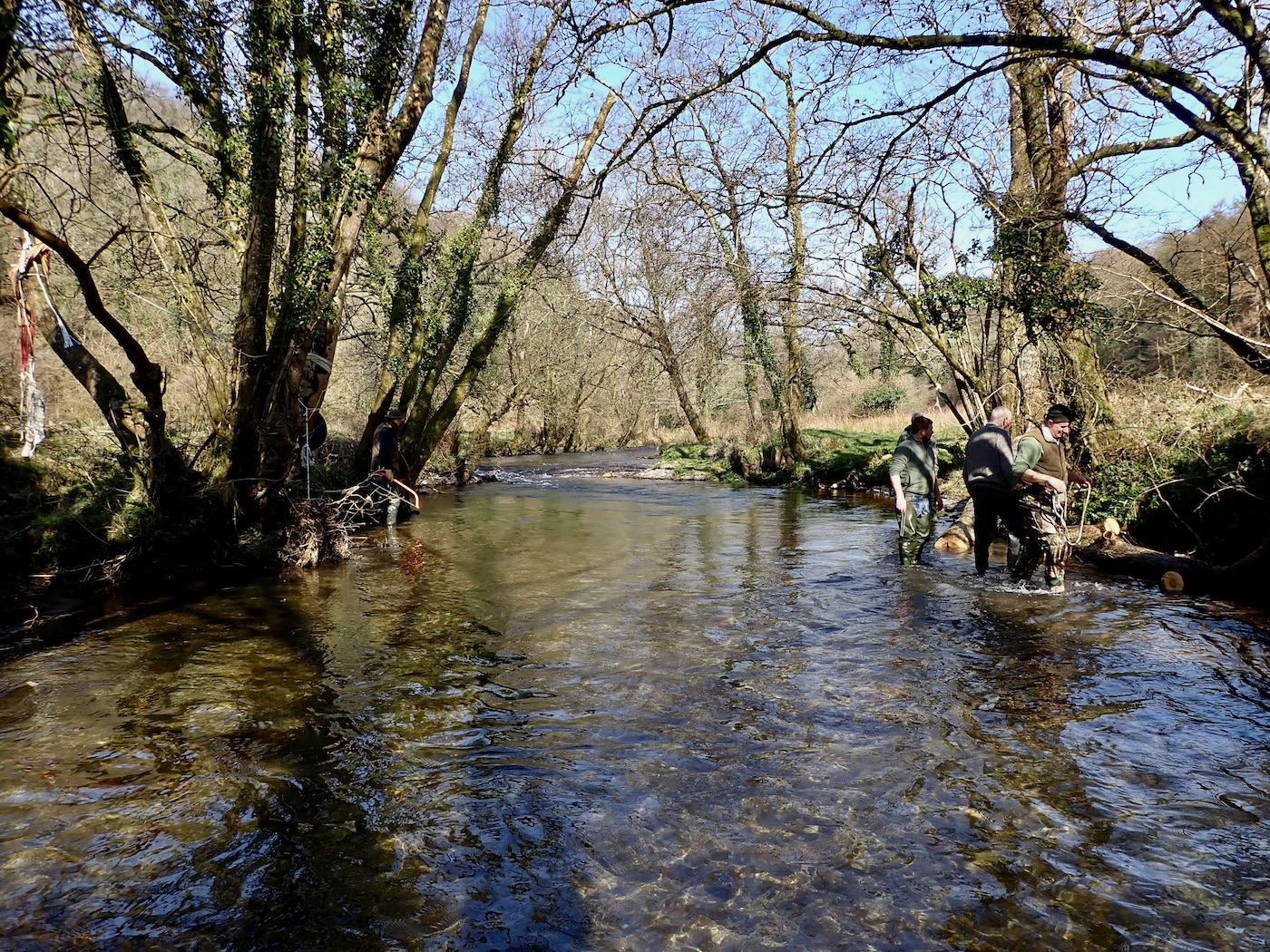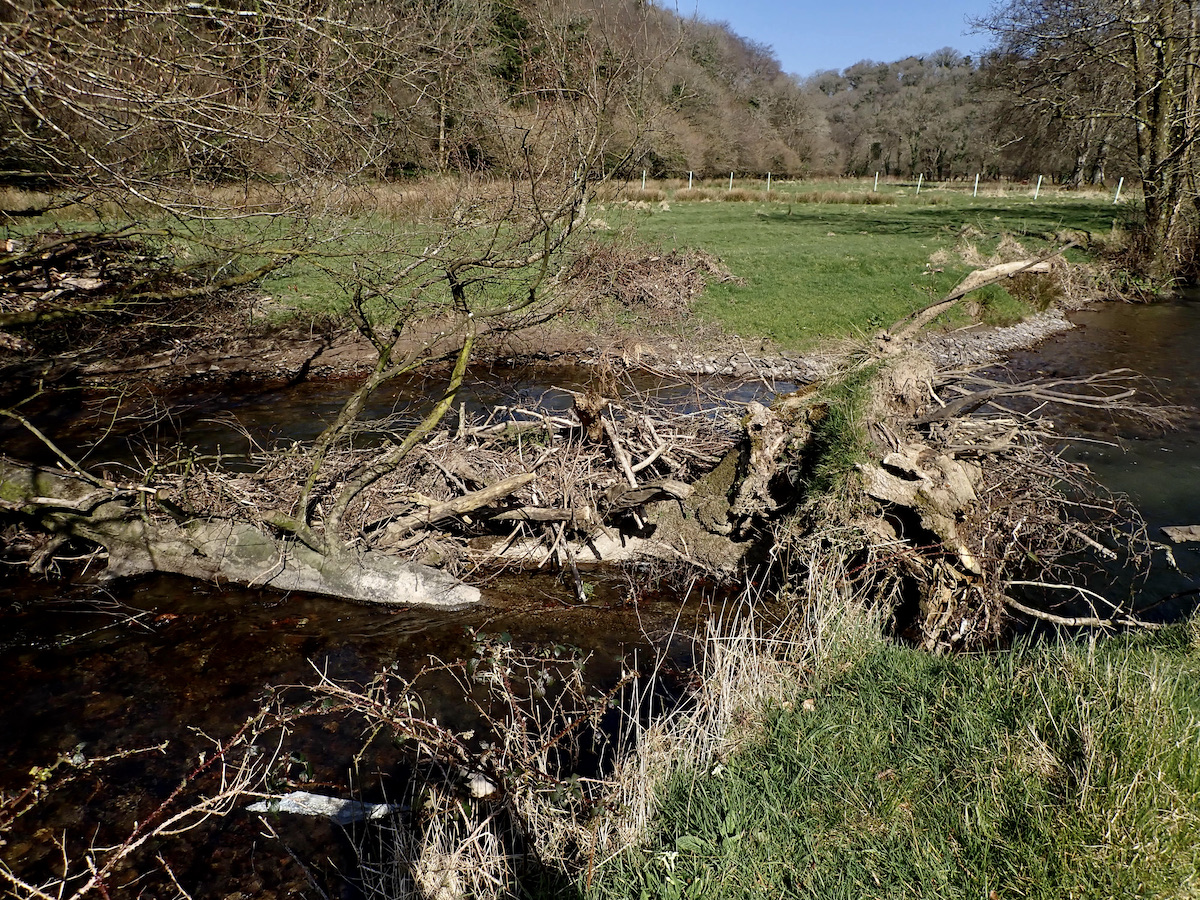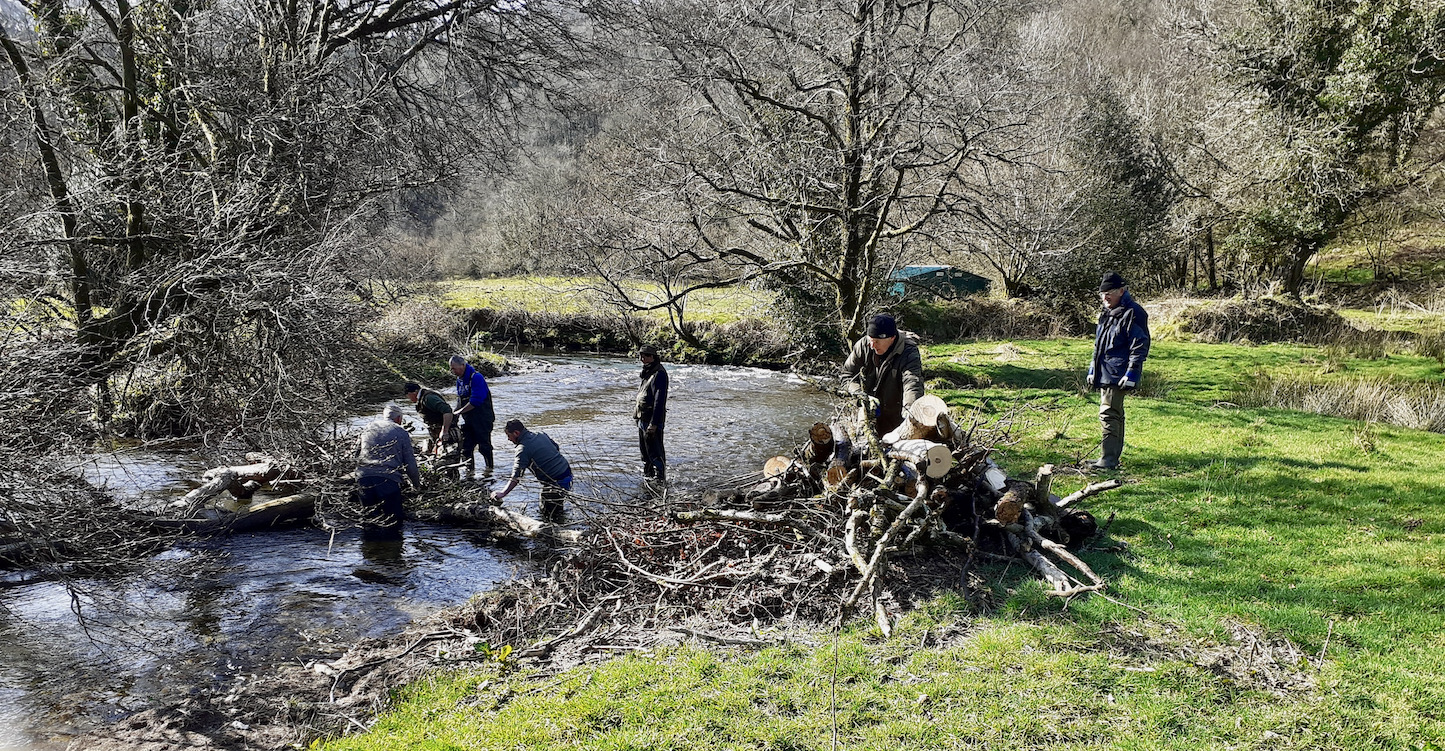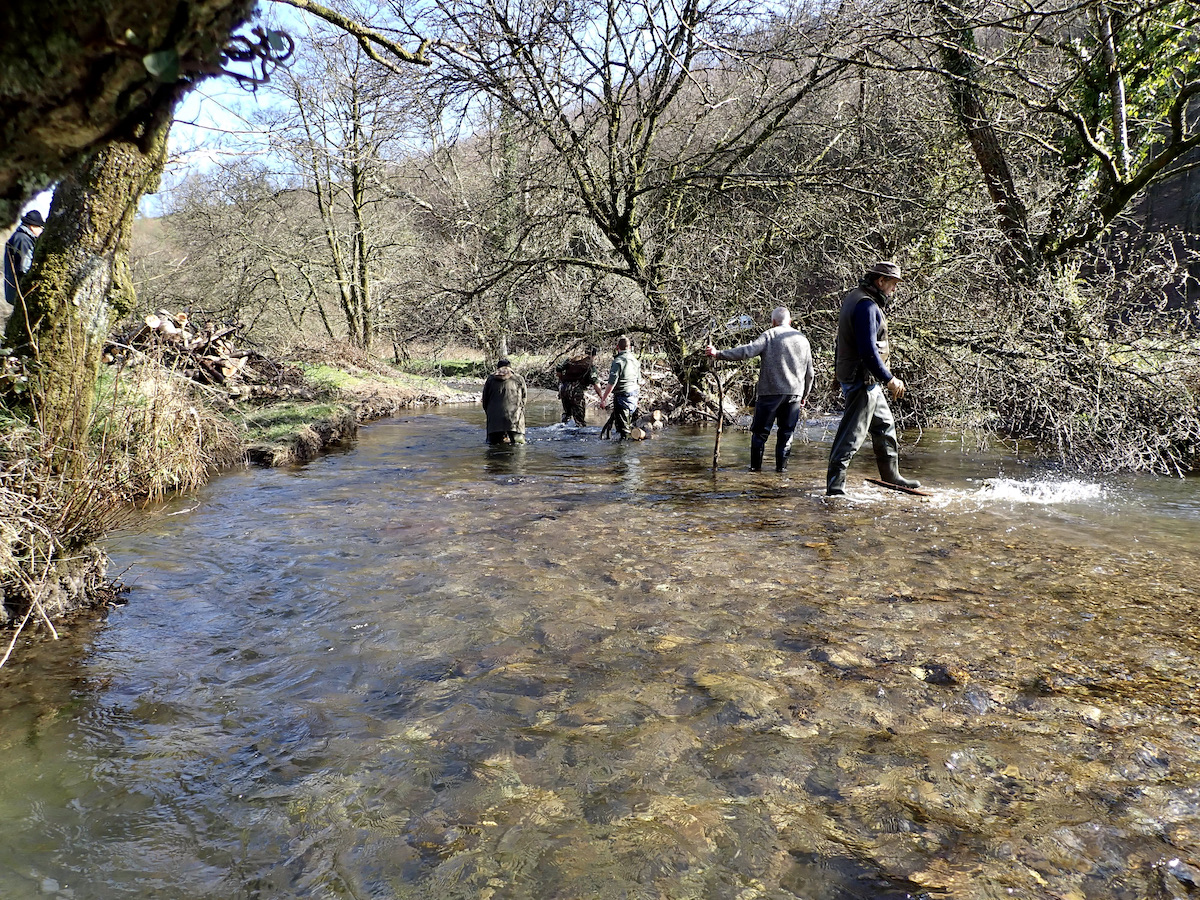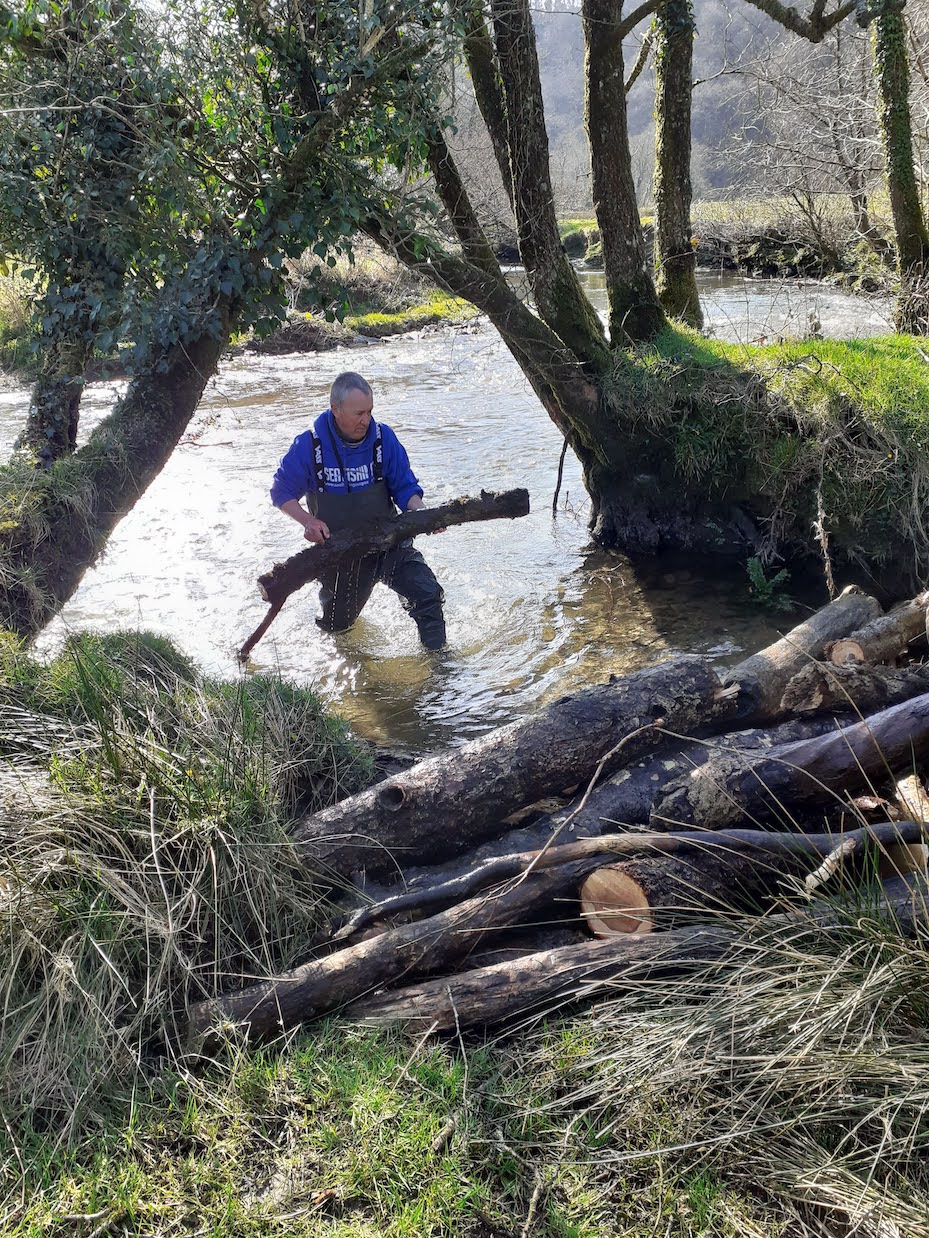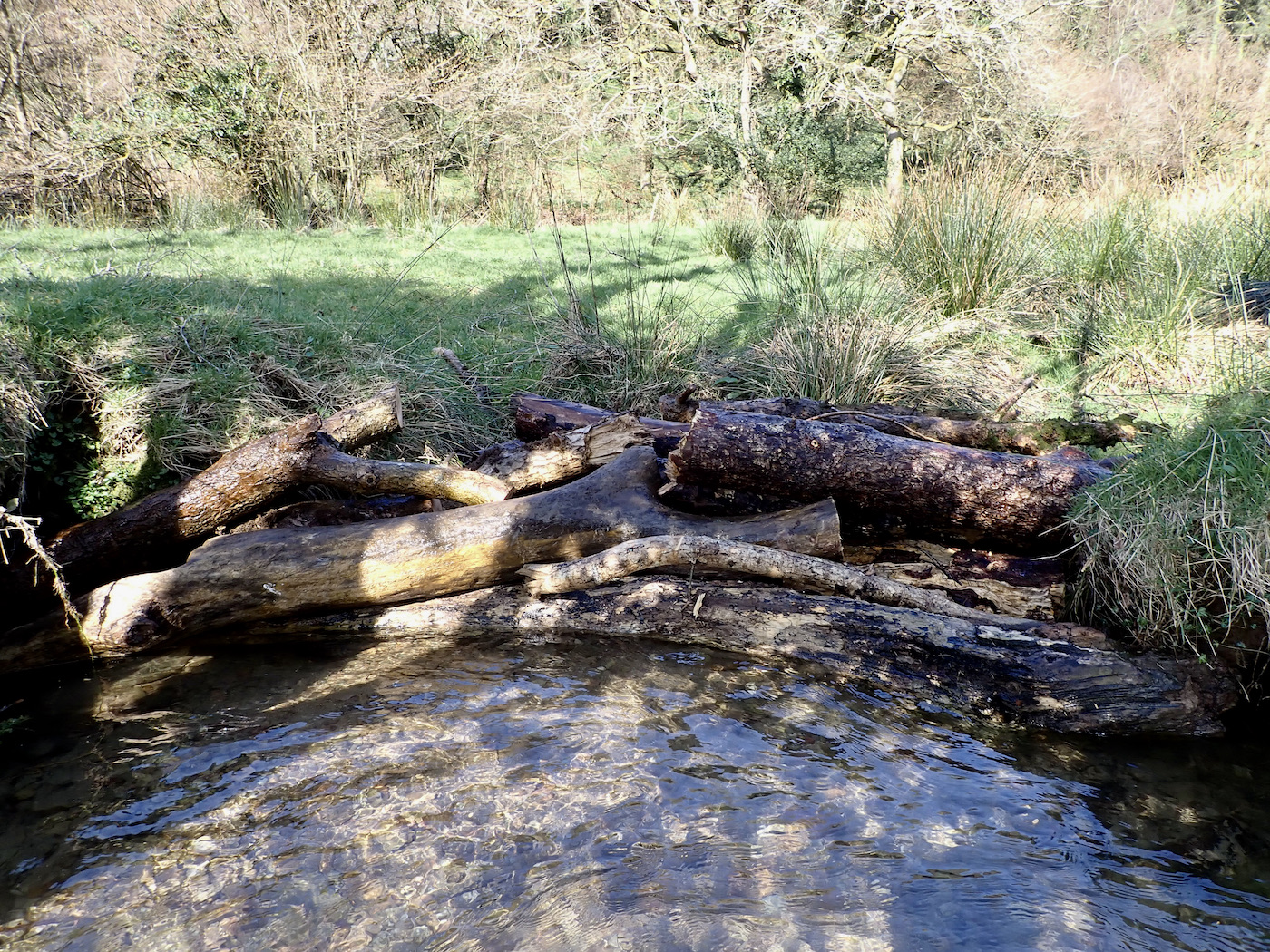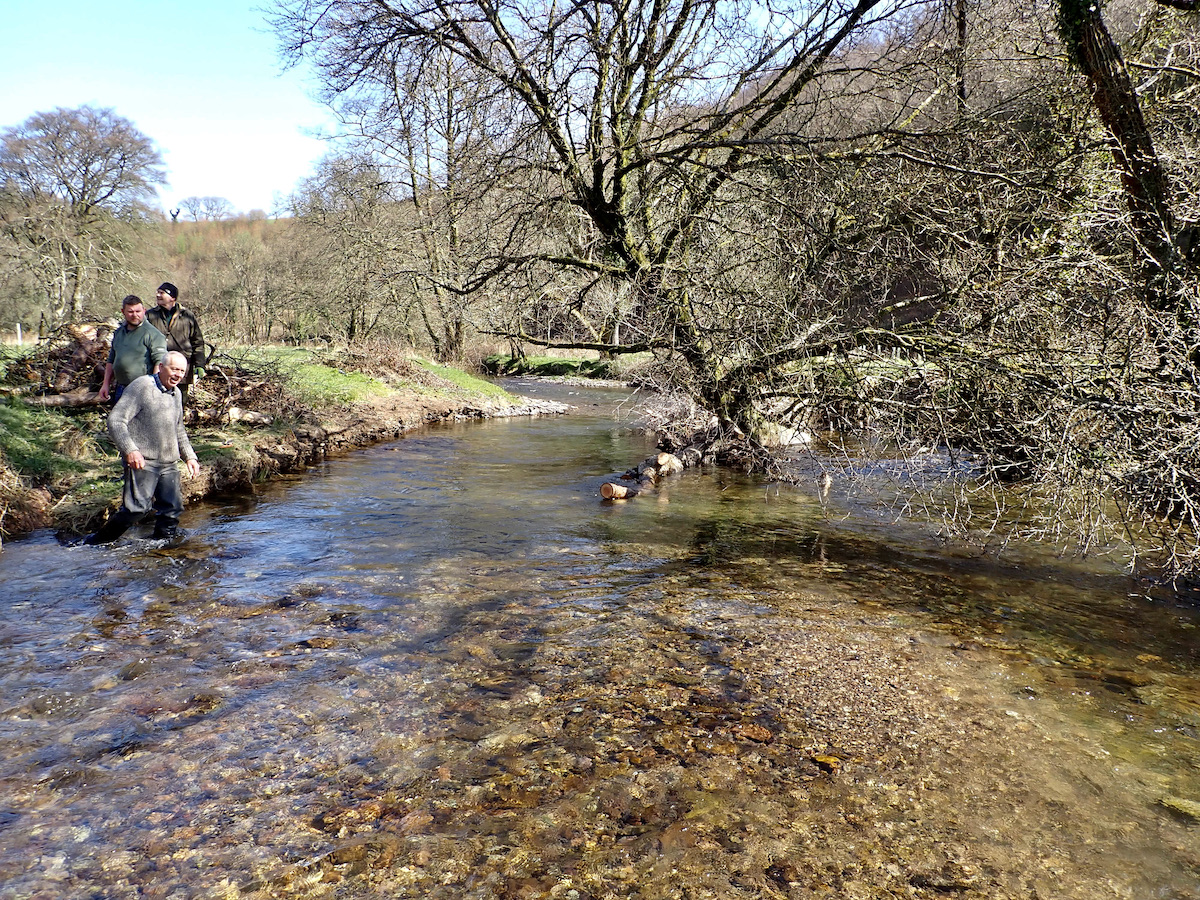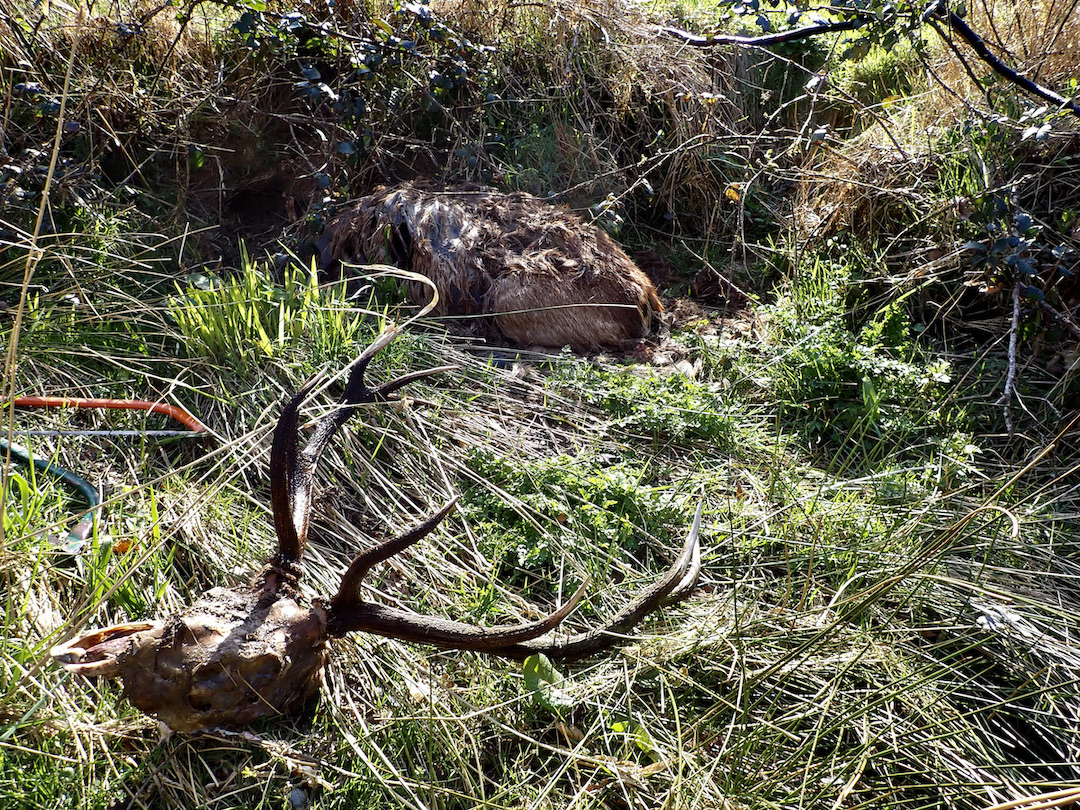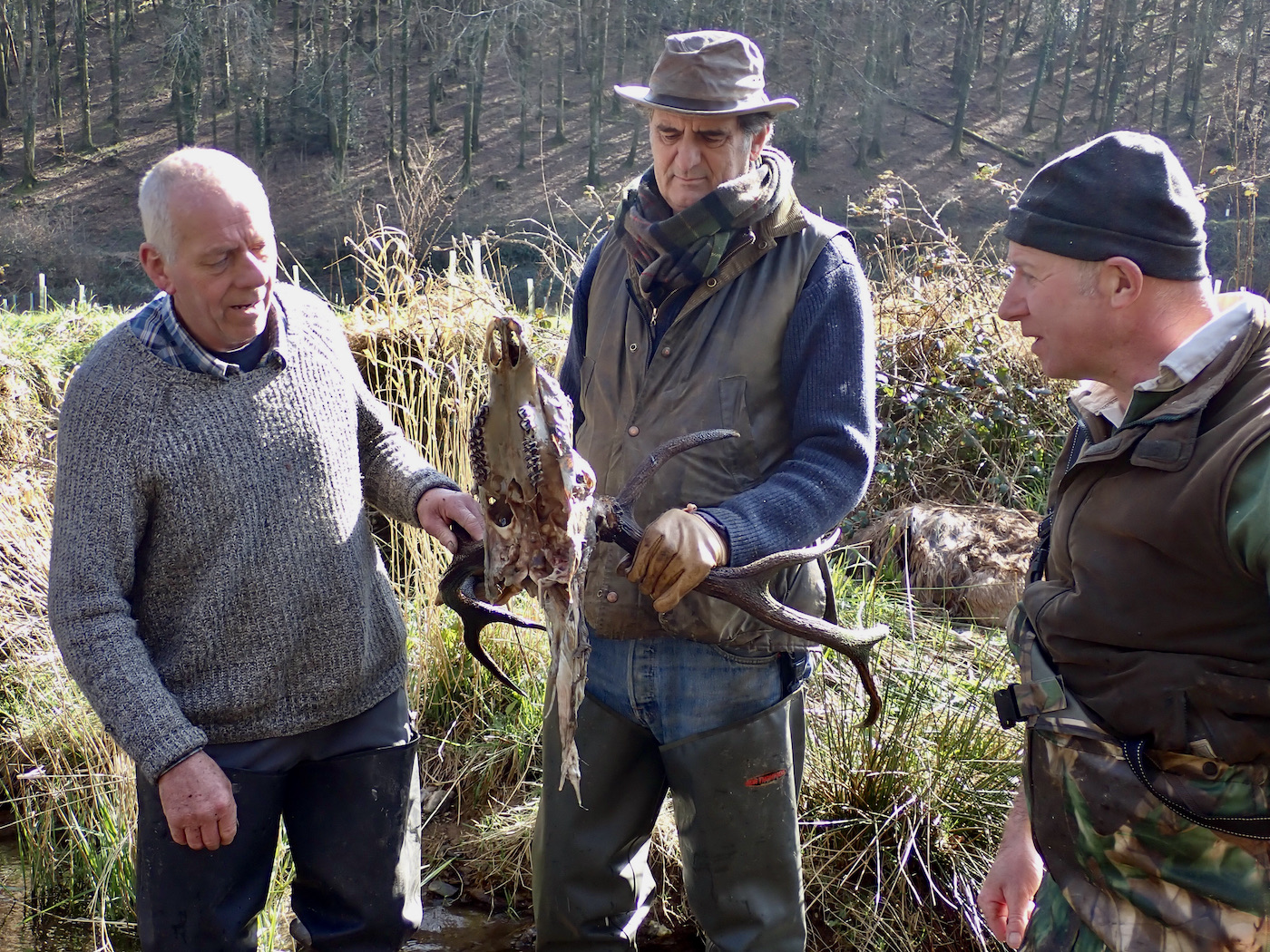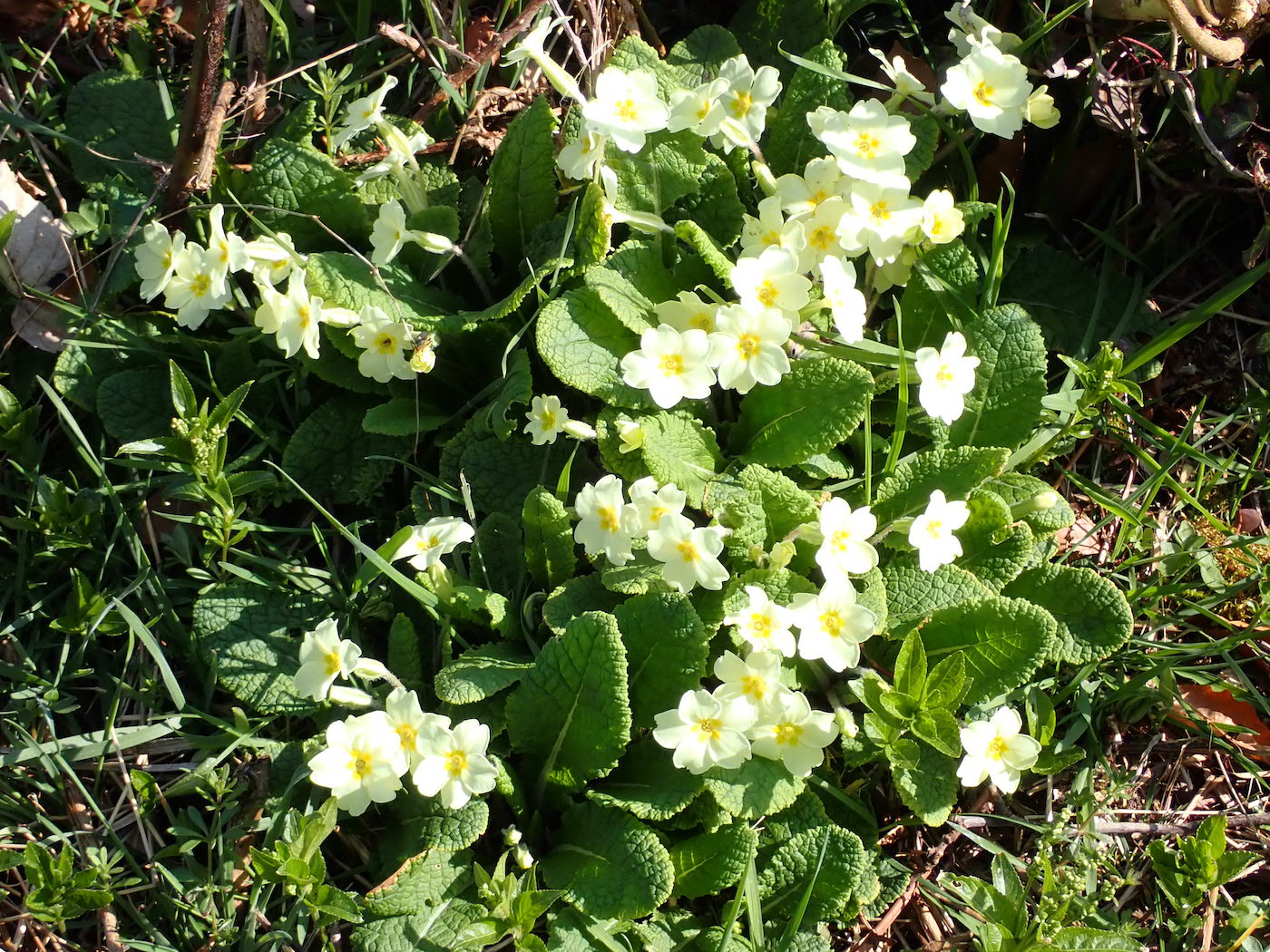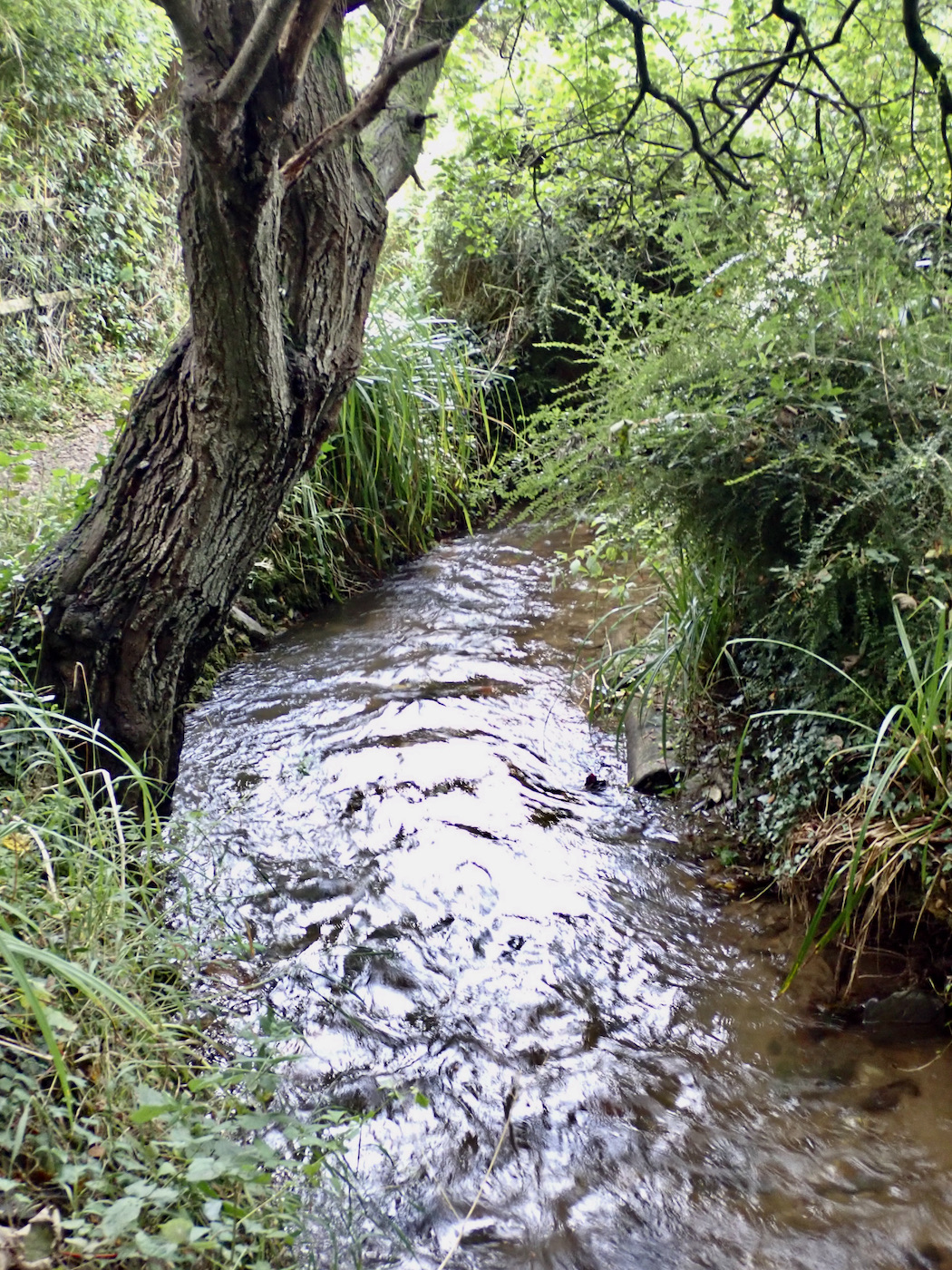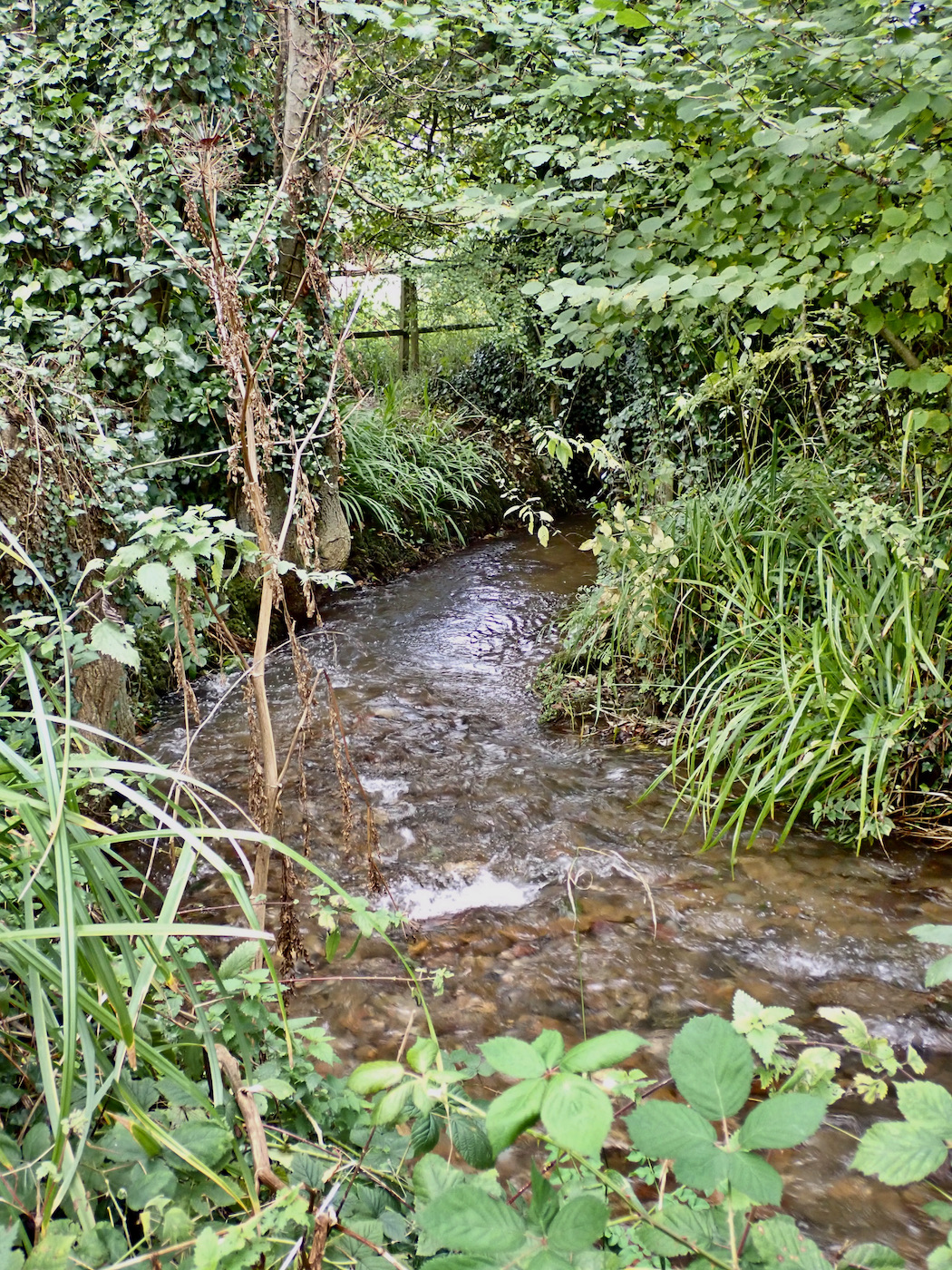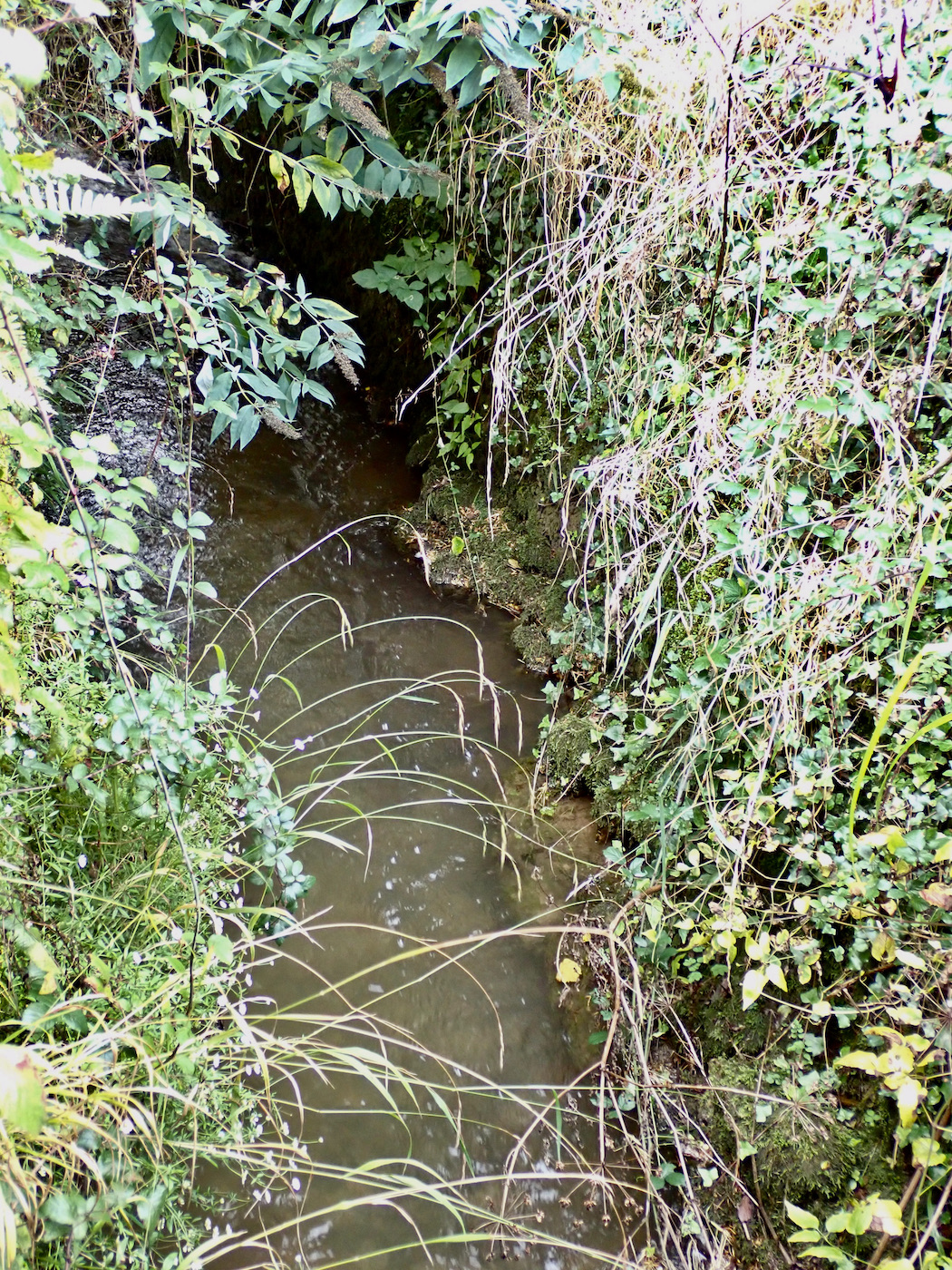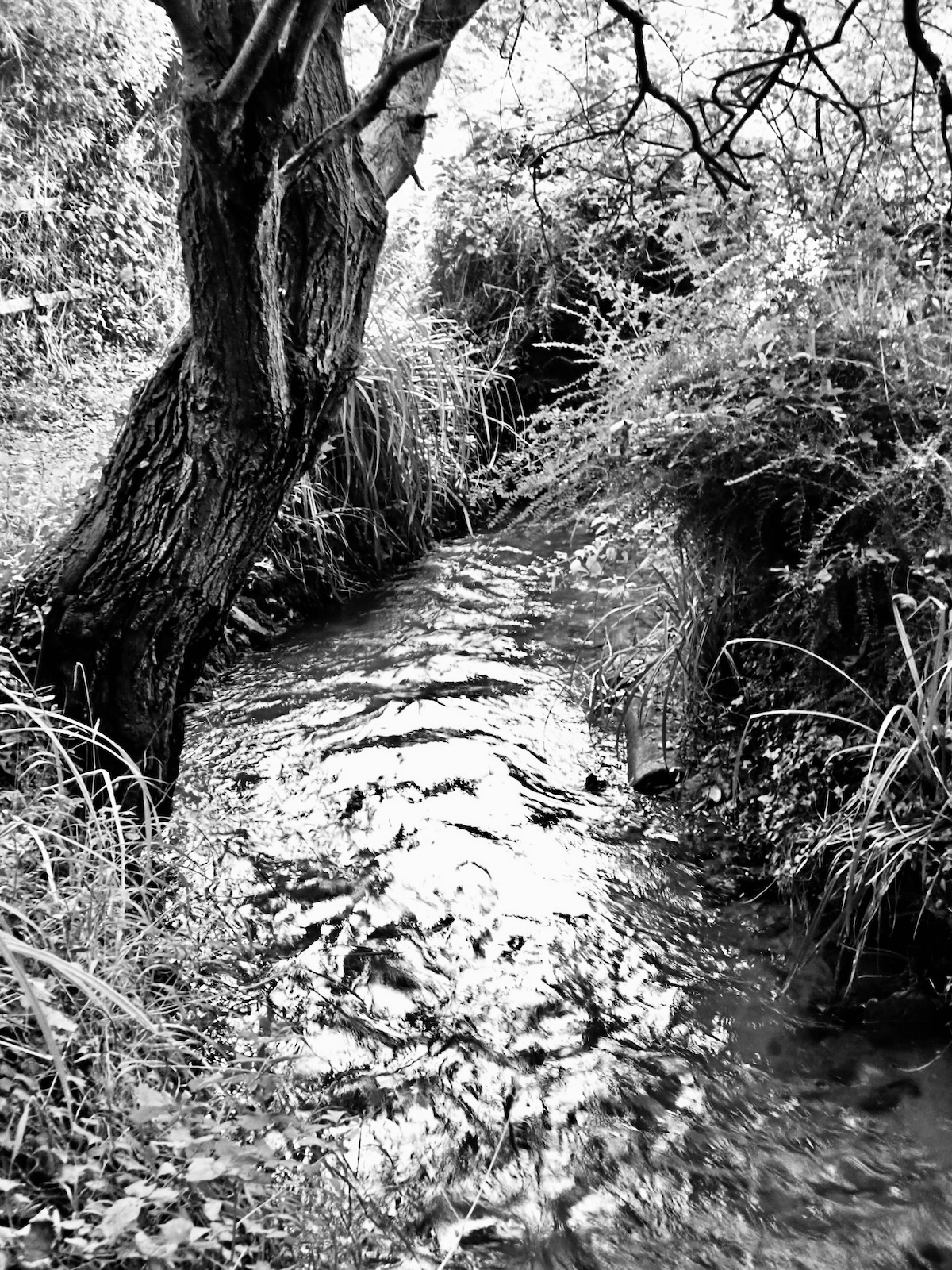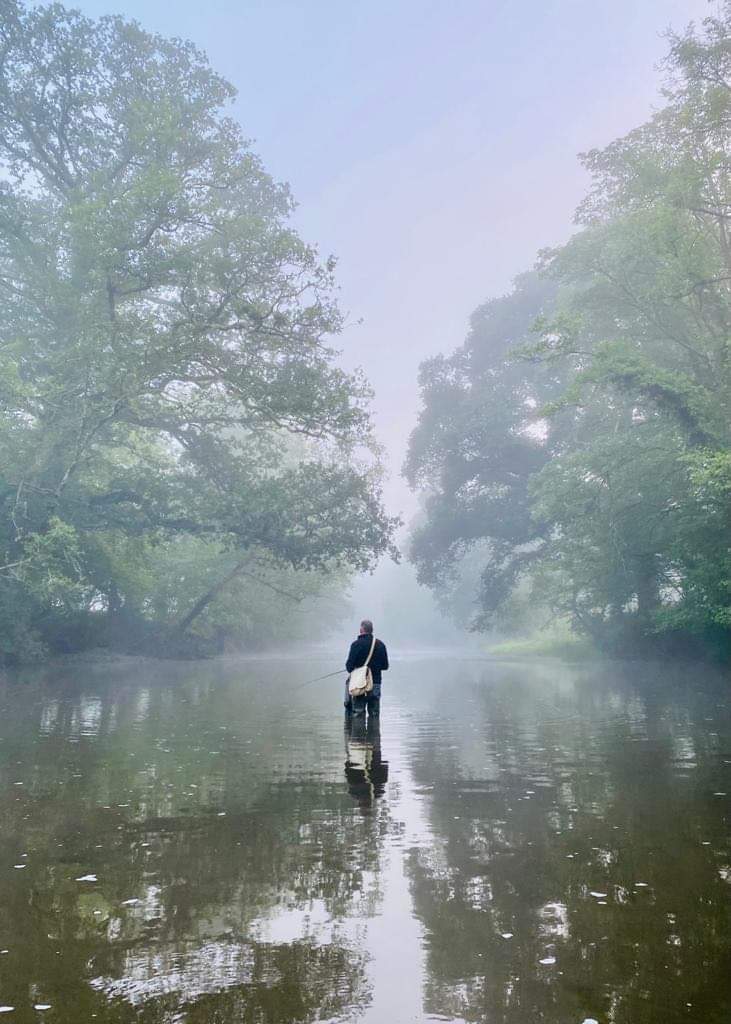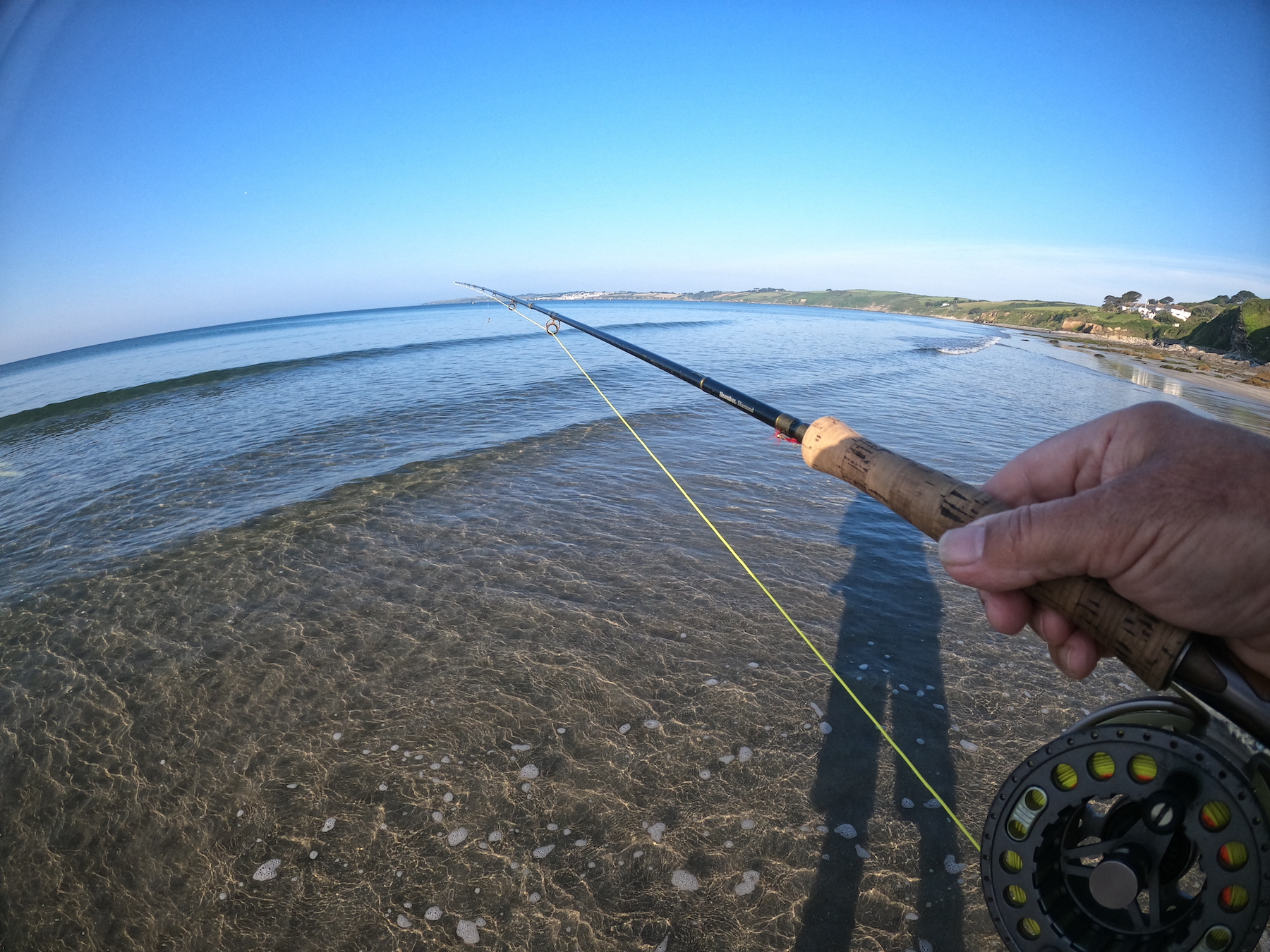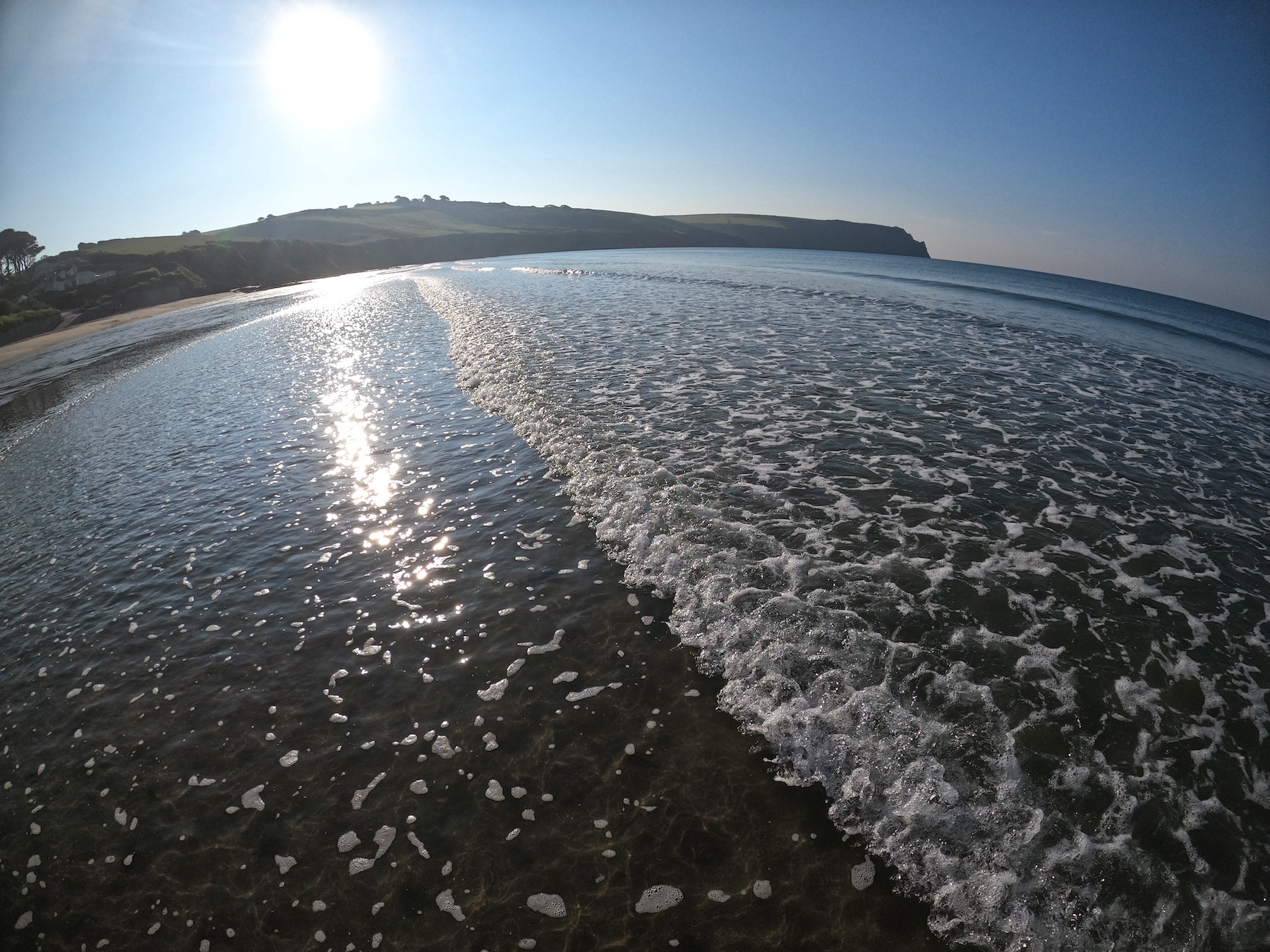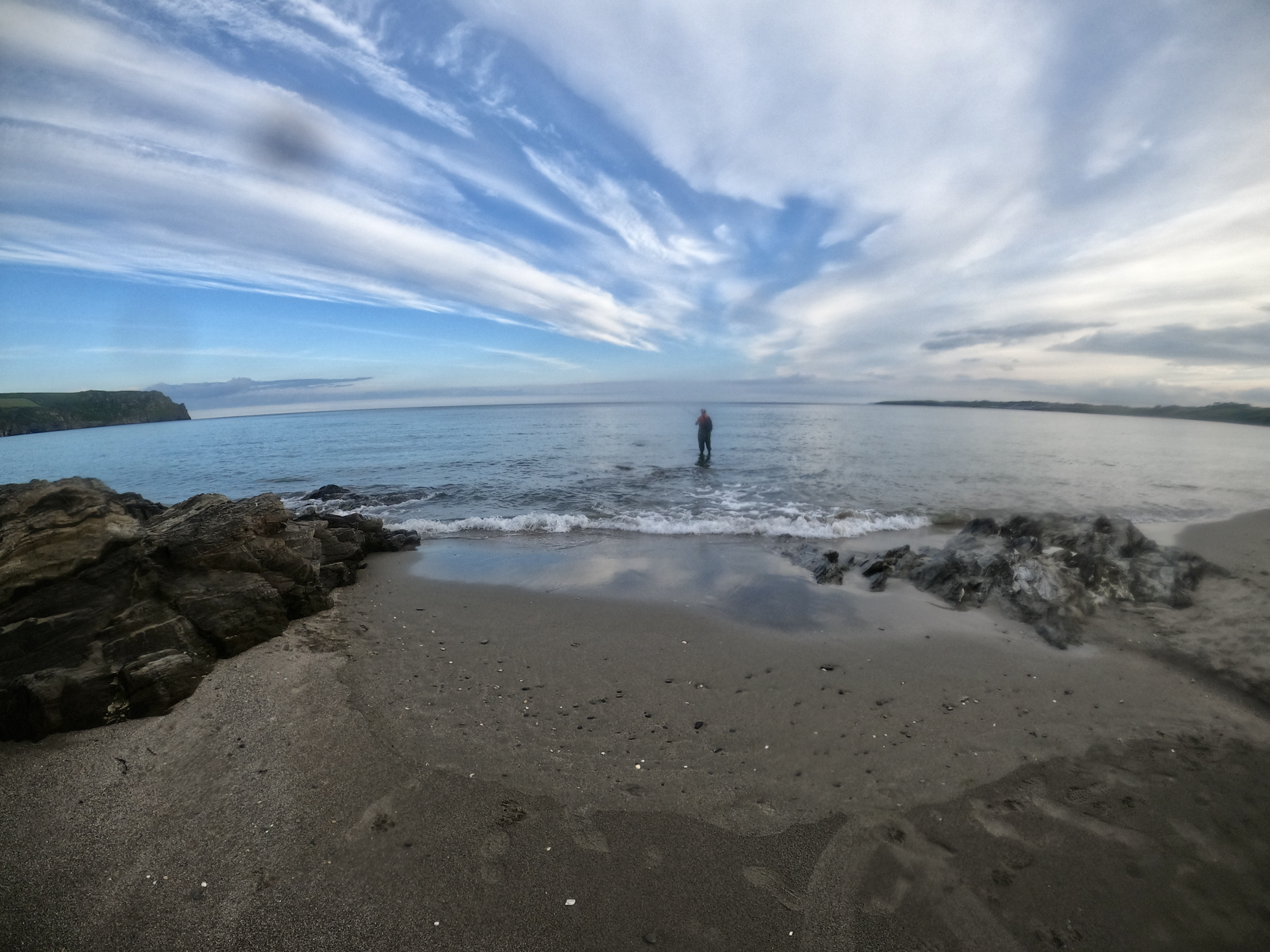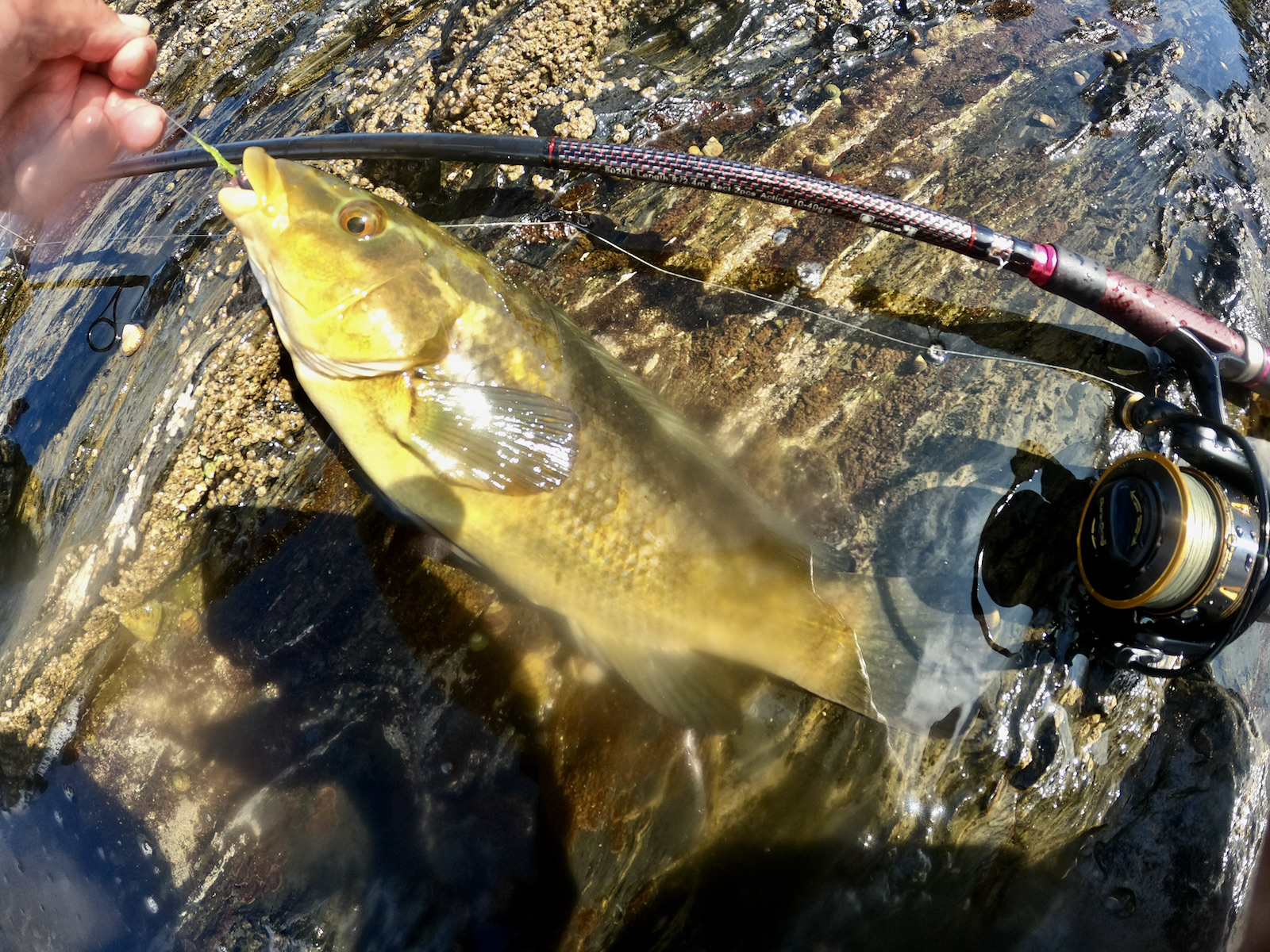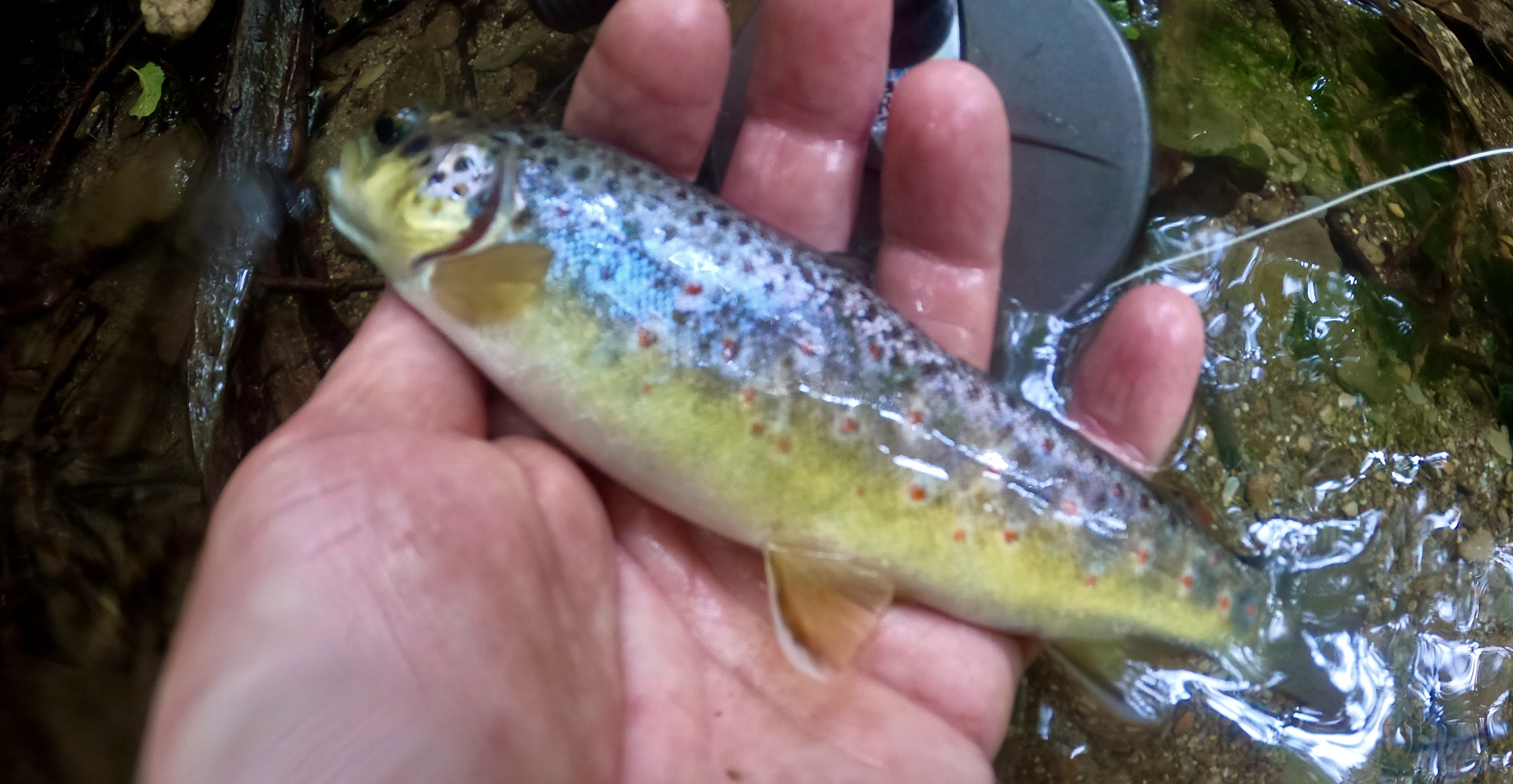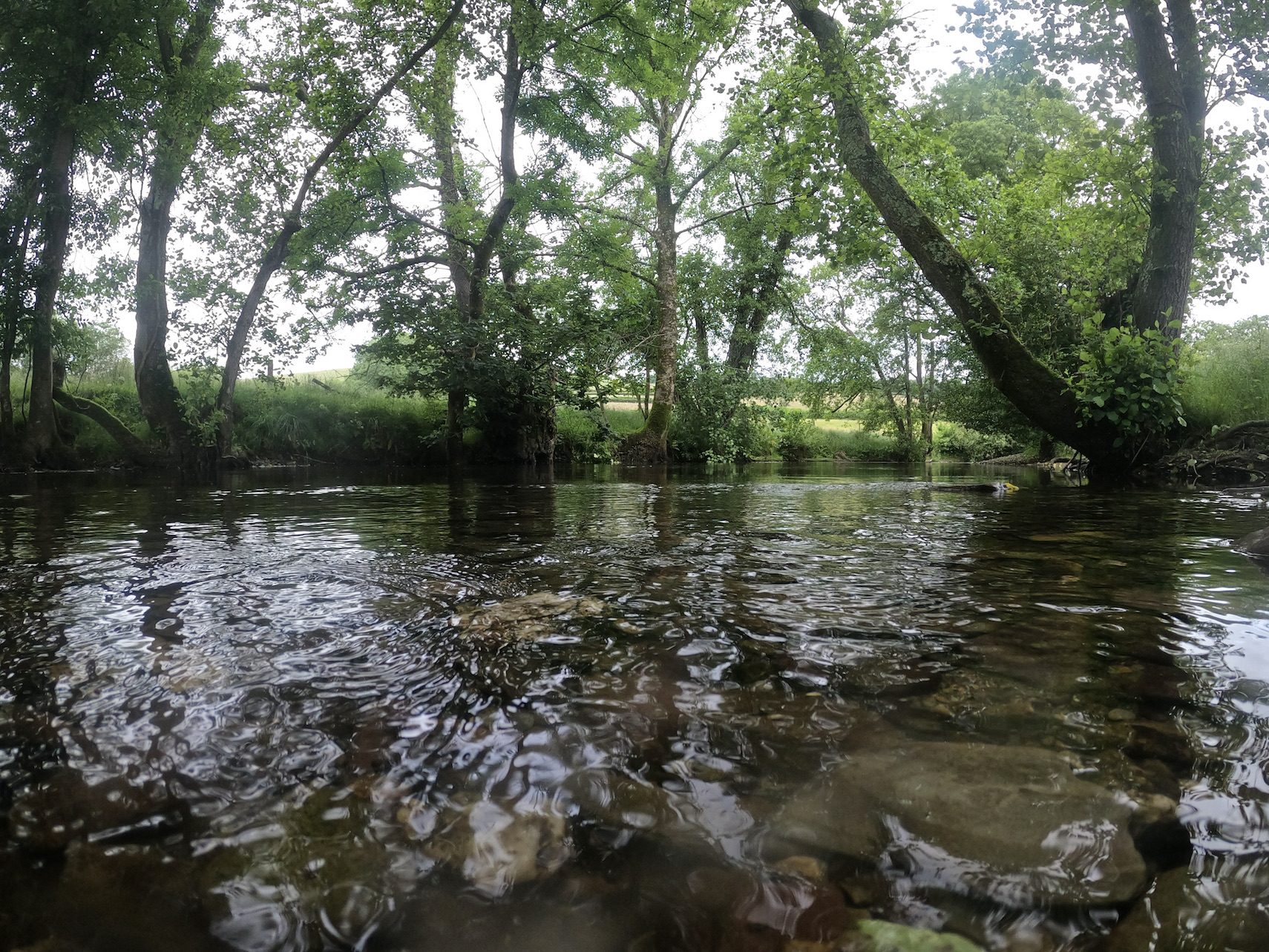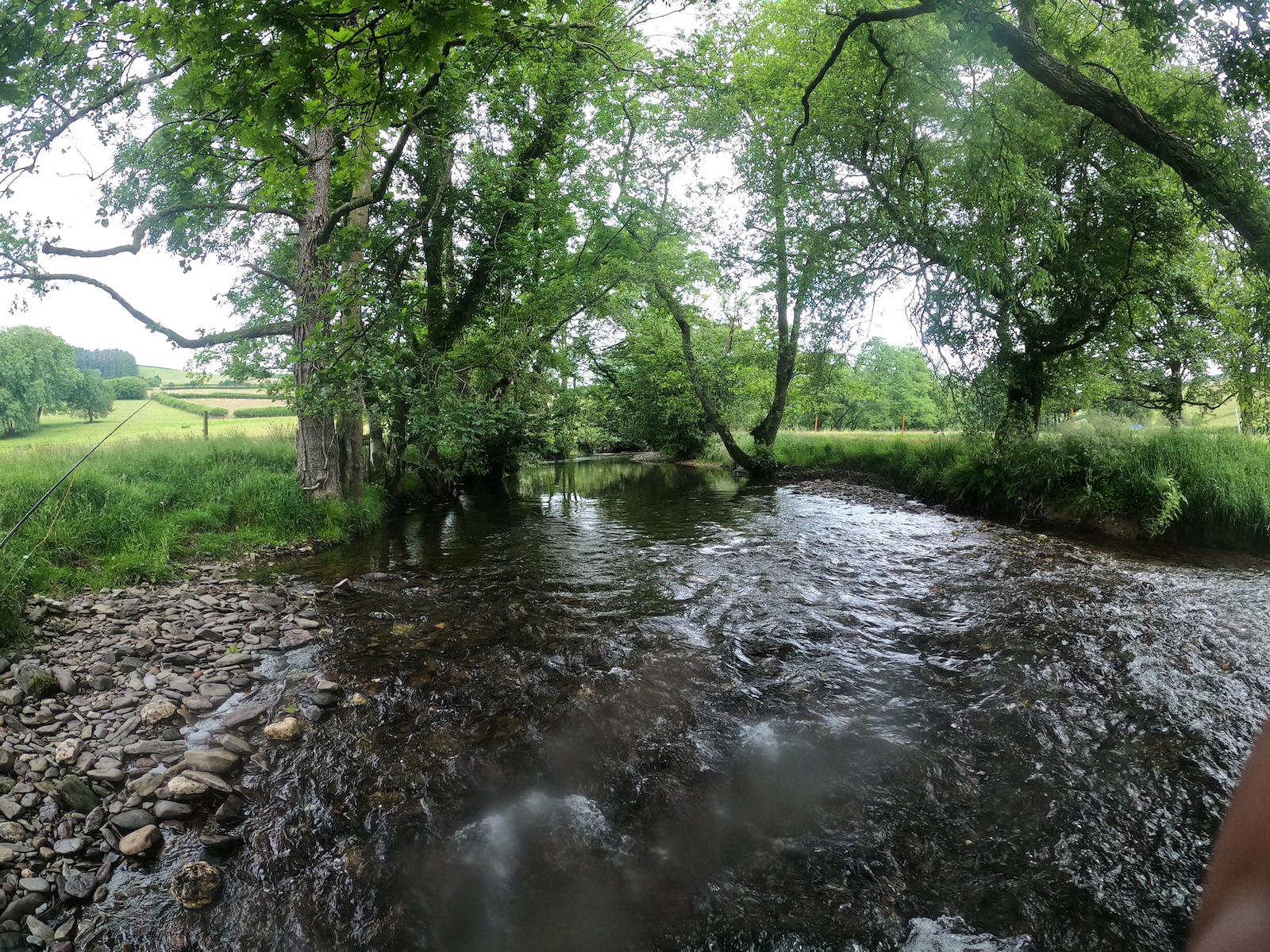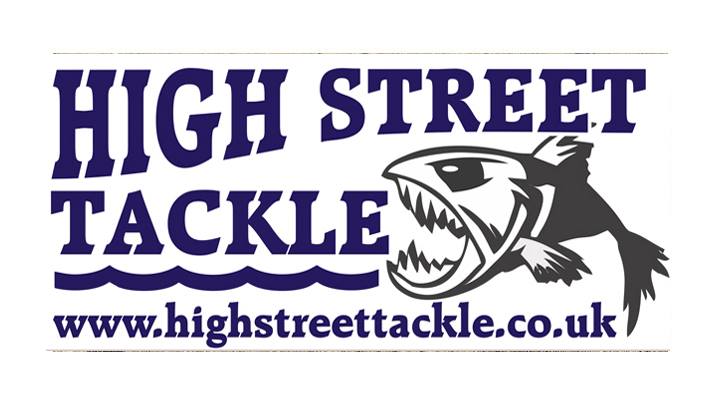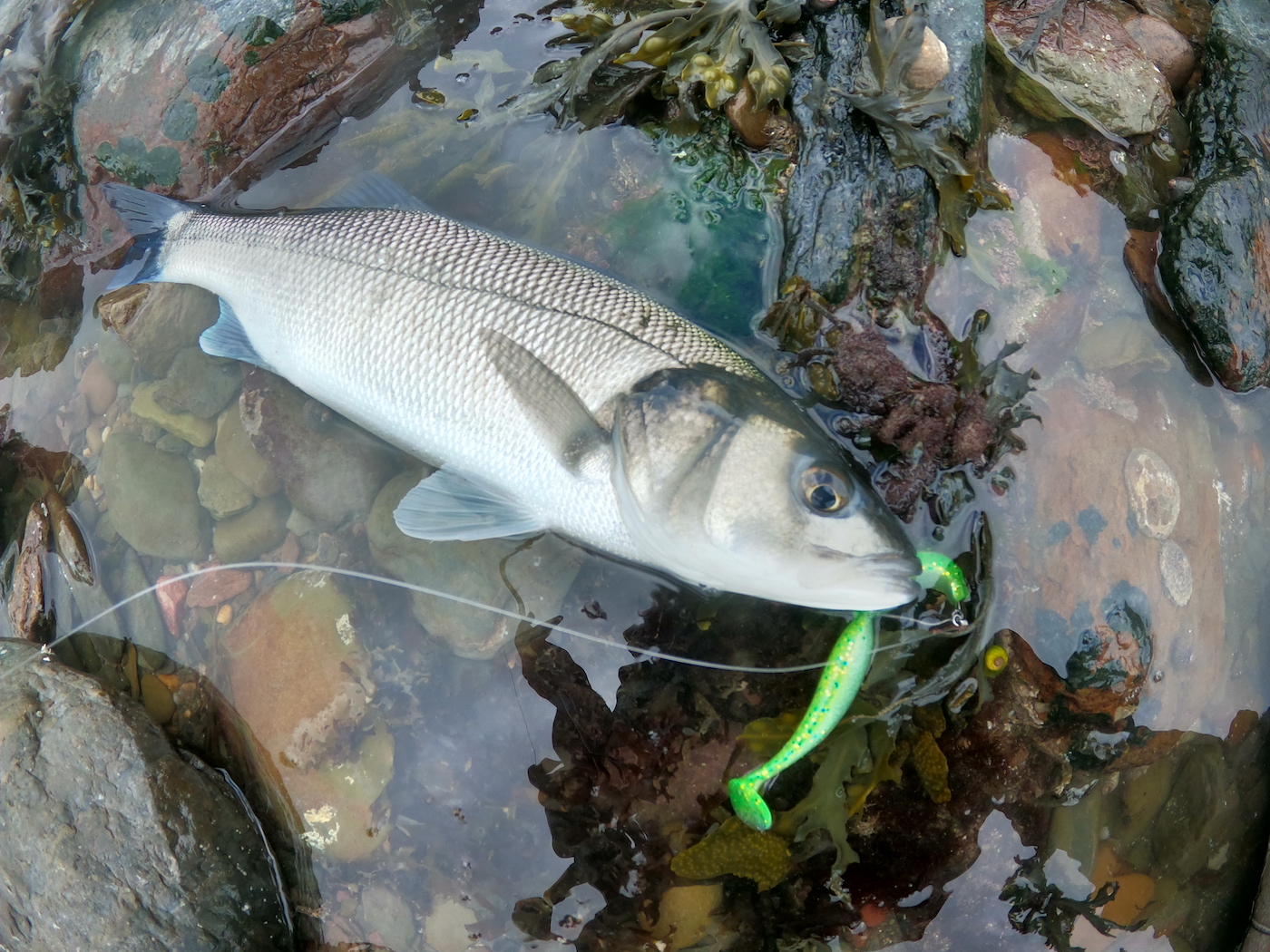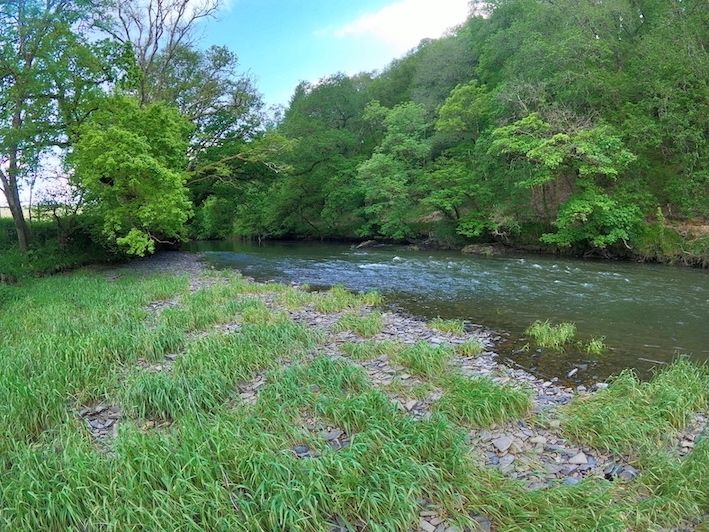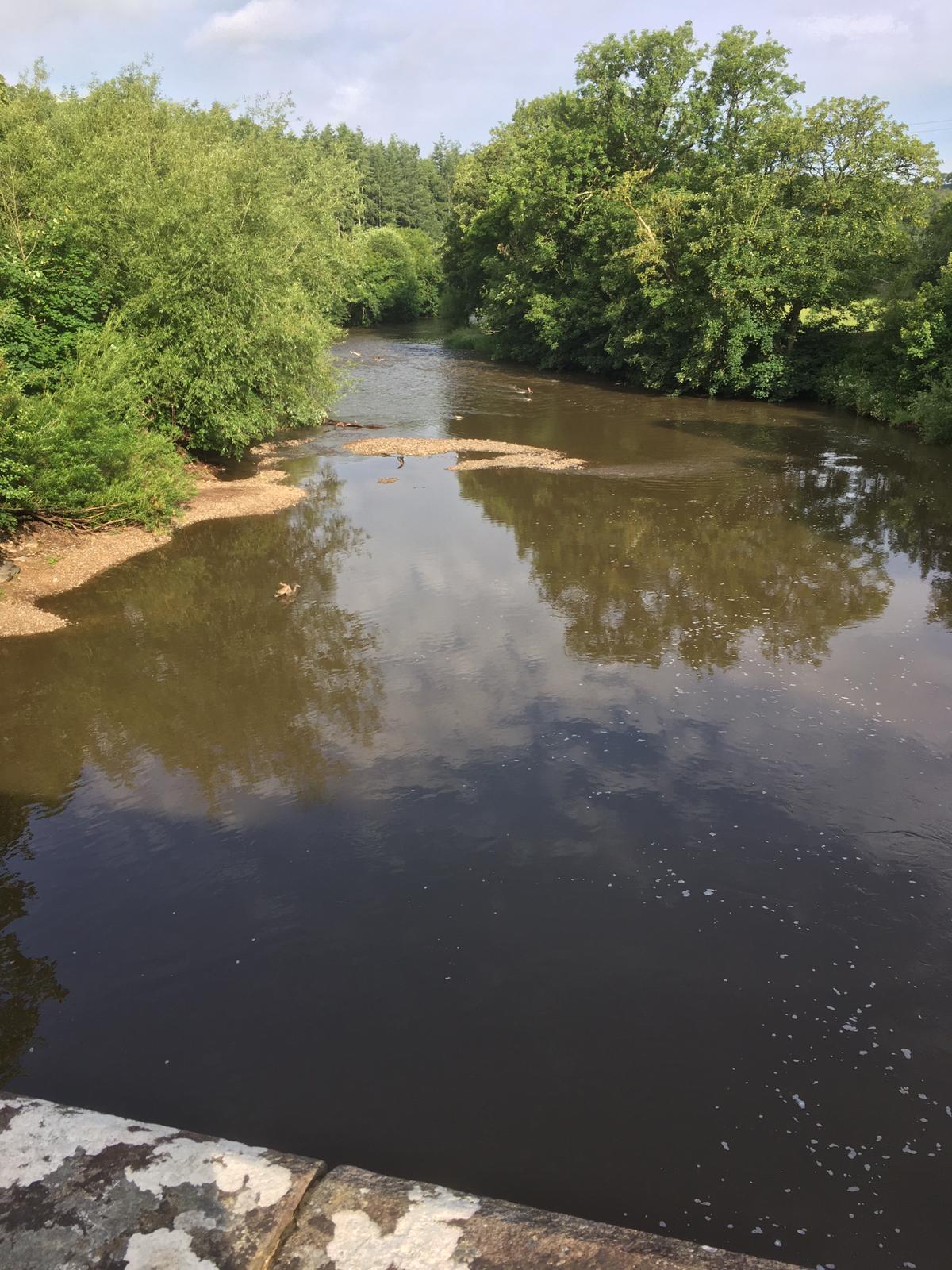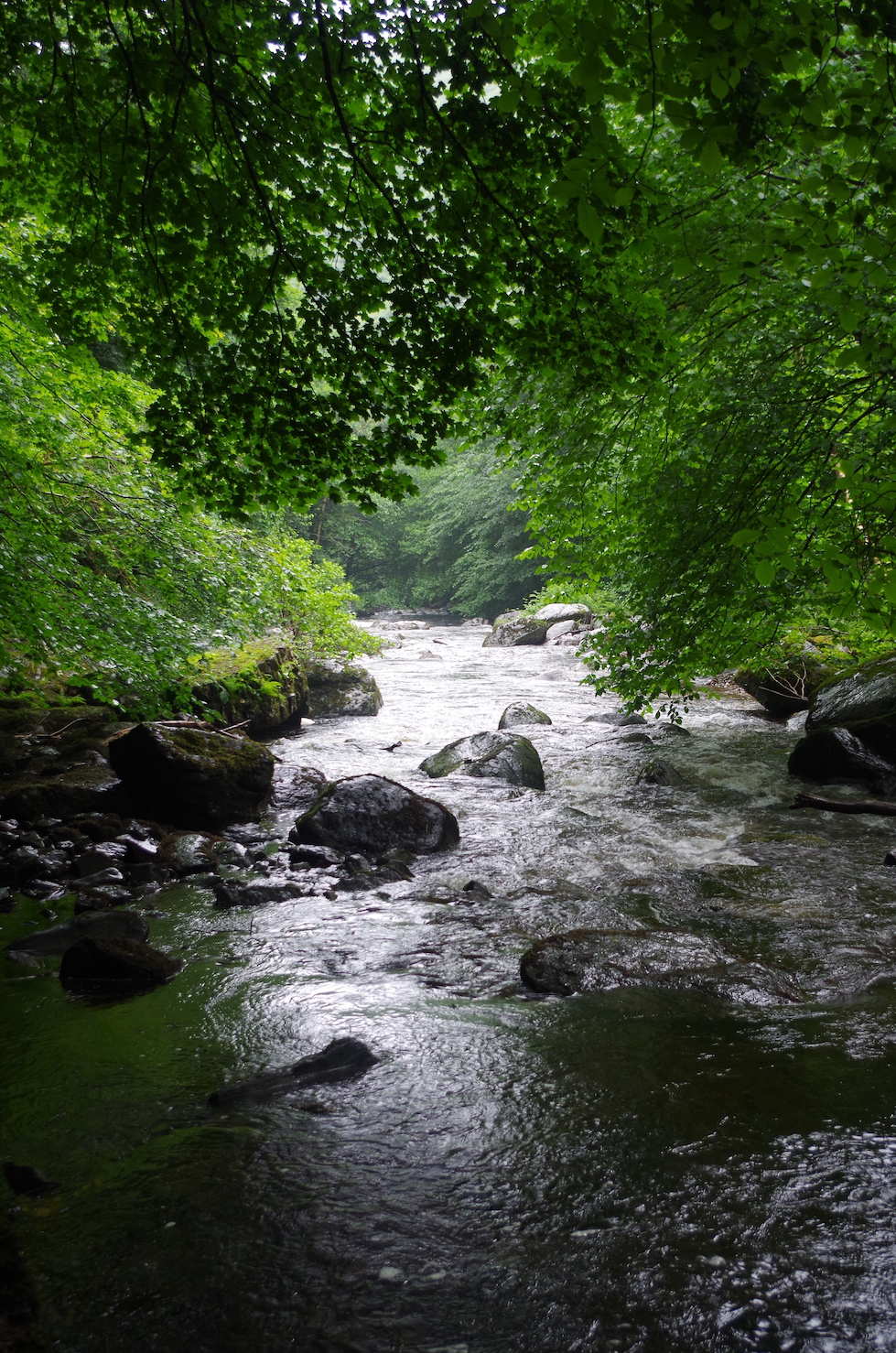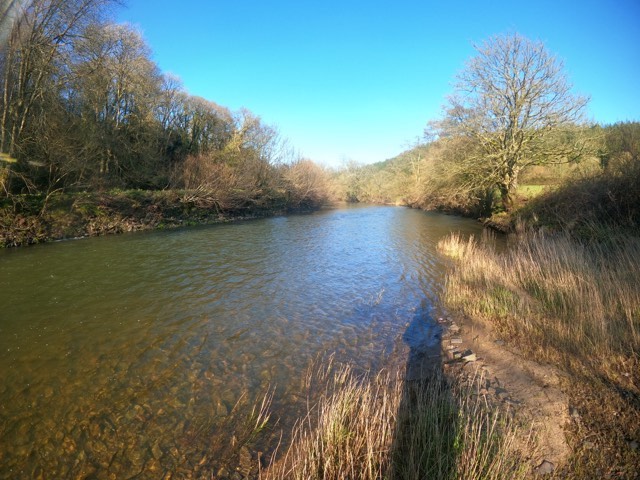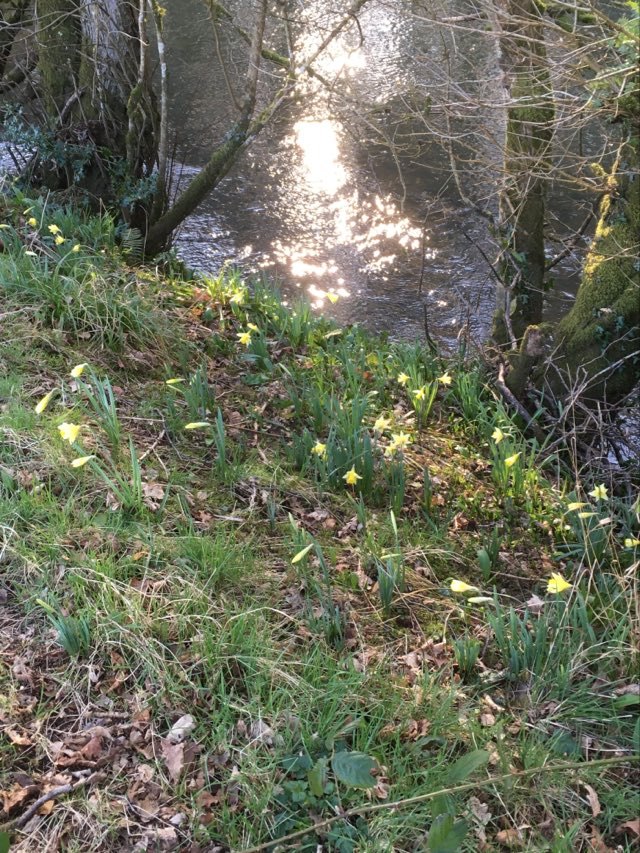There has been considerable coverage recently in the media regarding the dramatic decline in the health of the UK’s rivers and I have written several short articles on this here on North Devon Angling News. I asked Ian Blewett secretary of the River Taw Fisheries Association if he would write an article highlighting the issues we face here in North Devon as I believe that it is important to bring these issues to as wide an audience as possible. Sincere thank’s to Ian for producing a hard hitting and thought provoking feature.
A CRISIS IN OUR RIVERS – A BROKEN TRUST
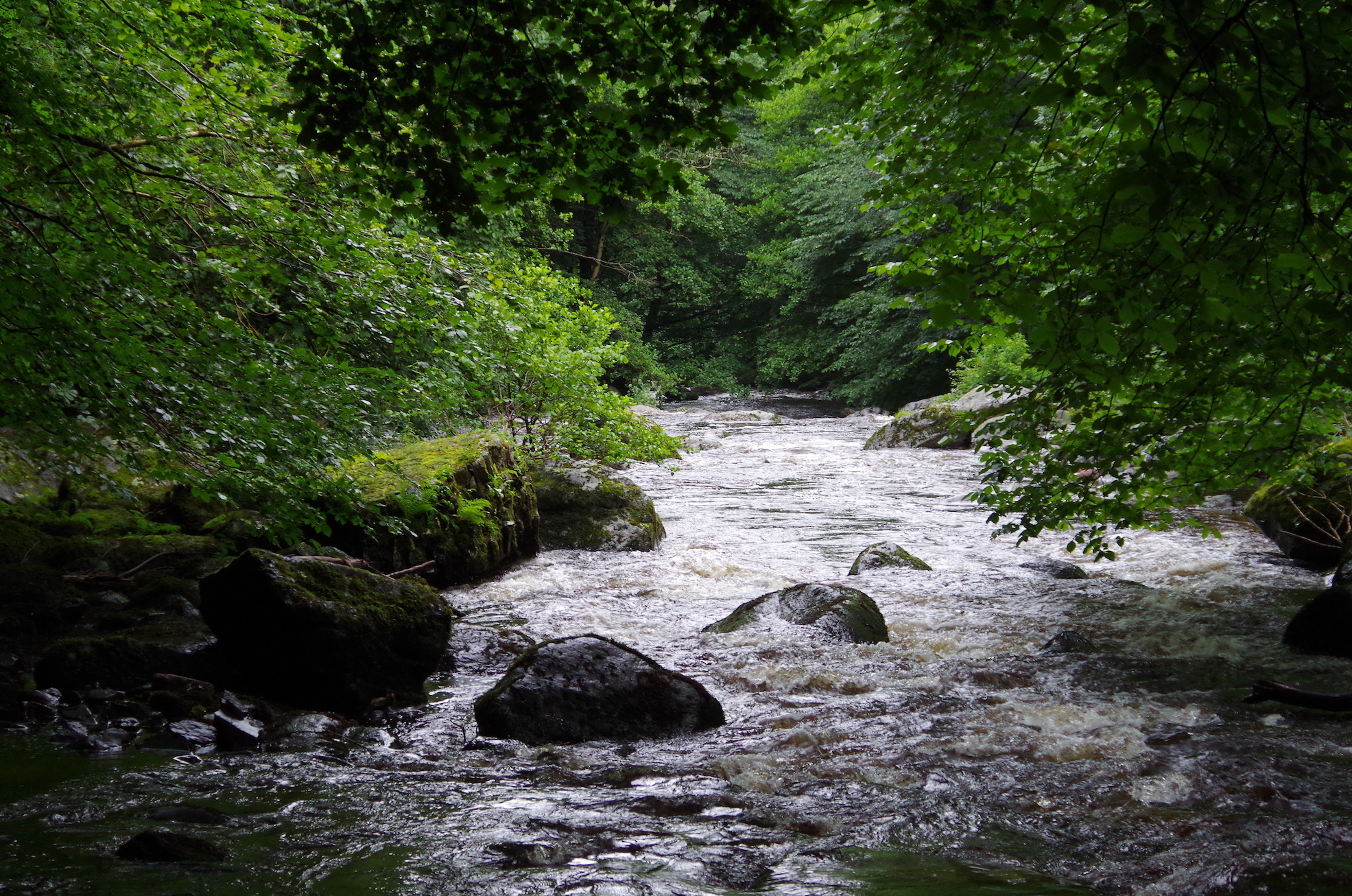
In September this year, the government released a report that revealed something that many Anglers and Angling bodies had known for some while. The Environment Agency (EA) report showed for the first time ever that not one single river in the whole of England had achieved a good chemical status rating. Proving beyond doubt that pollution from sewage discharge, chemicals and agriculture is having a hugely detrimental impact on river quality right across the country. The contrast with the ratings of a previous survey in 2016 couldn’t be more stark – then 97% of rivers were judged to have good chemical status (albeit the standards are now tougher). Put simply it means that there is not a river system in England that isn’t already polluted and becoming more so. It proves that over the last decade that the water quality in all English rivers has rapidly declined and that the EA had failed in its statutory duty to protect and enhance. This is worrying situation if you are an angler or interested in the environment because it means that we are failing in our fight for clean water and have been badly let down by governments at all levels.
Despite North Devon being such a wondrous place – remember we are an Area of Outstanding Natural Beauty with a uniquely important UNESCO biosphere slap in the middle of it, we don’t have a single river system or catchment that is not being routinely polluted and degraded as a fishery or wildlife habitat. Every catchment in N Devon is affected. Every lake that collects water from the land, every stream that flows into a river, every river that has an estuary and every river estuary that flows out to sea across a beach. Anglers of all types are affected by this and given that fact, it means that anglers, wildlife enthusiasts and people who care must do more to protect our catchments. It means that those whose job it was to protect and enhance – the EA and other responsible bodies; DEFRA, the agricultural industry, local councils, planning authorities and of course the filthy, leaking, under- performing utility companies are routinely choosing to fail. The reality is that we put our trust in elected politicians and Govt institutions at National and local level and we have been badly let down. We must do better at holding the EA, local government and South West Water to account.
This EA diagram shows how well South West Water are doing in the under-achievers league:
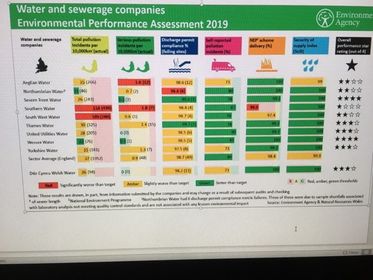
Only Southern Water are worse. See Link below
https://assets.publishing.service.gov.uk/government/uploads/system/uploads/attachment_data/file/921087/Water_and_sewerage_companies_in_England_environmental_performance_summary_graphic_for_2019.pdf
In N Devon river pollution comes from three major sources: Sewage pollution. Chemical Pollution and Agriculture.
Every house in every town and village is linked to a sewage works or treatment facility. Every rural house or cottage if not connected t mains sewers probably has some form of septic tank or ancient drain away. Every seaside town probably has some form of combined sewer outfall. They are all linked in one way or another to water courses and thus to rivers and the sea. Many of these treatment works or facilities are very old, some are crumbling and many lack capacity. All treatment works are designed to discharge “treated” wastewater into existing water courses (streams & rivers) and at times of high flows or extraordinary demand, untreated sewage is also routinely discharged directly into existing water courses. On the Taw system alone there are at least 32 sewage treatment works. The EA licences SWW to discharge within a given set of discharge criteria but then asks the utility company to self-monitor and report itself when it breaks the rules! Guess what? It is documented that Utility companies regularly break the discharge consents and somehow forget report themselves.
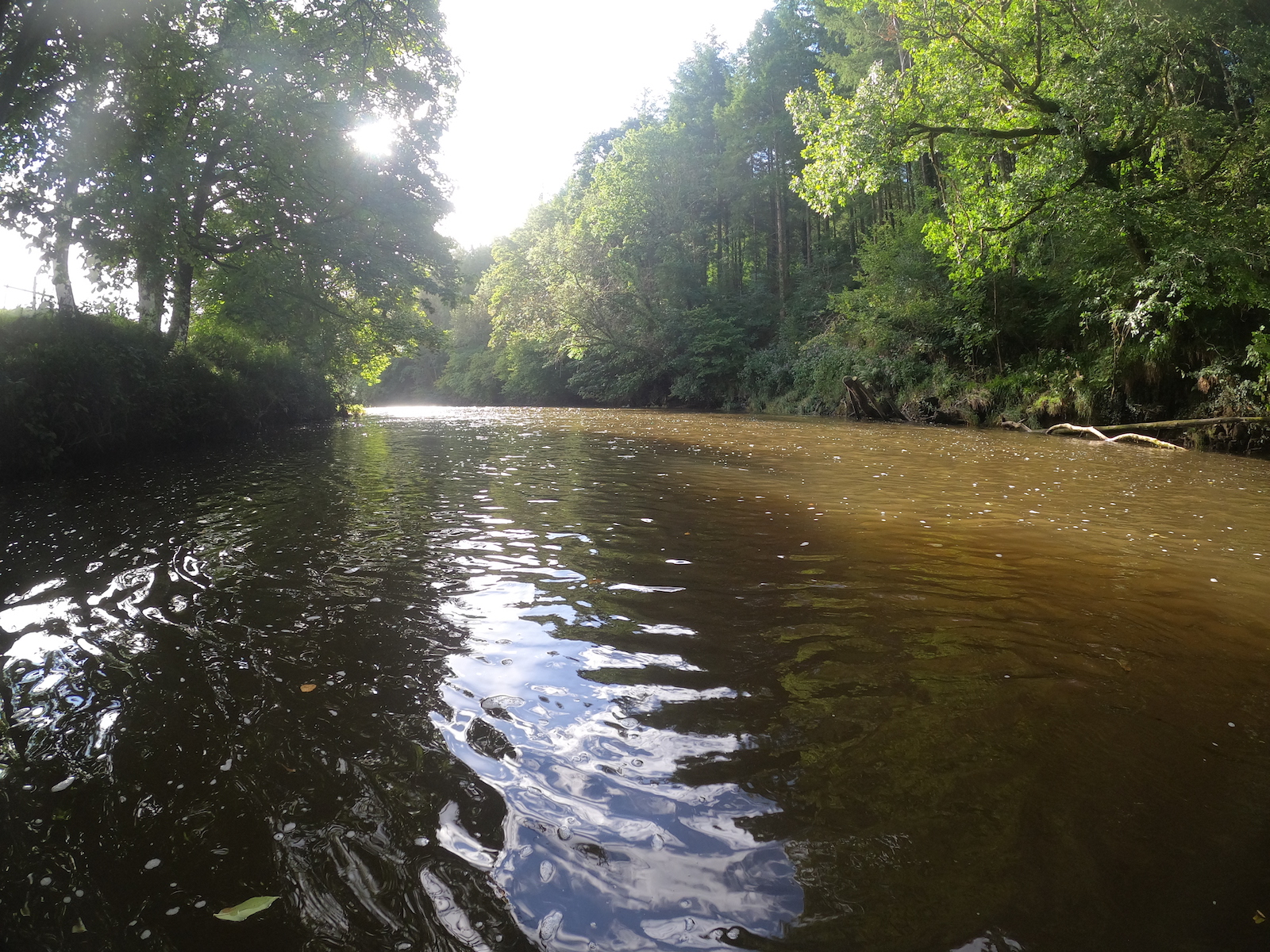
A lack of infrastructure and capacity is a widespread problem in N Devon. Let’s take just one example. The South Molton Town Plan sees an additional 2,240 homes built over the next 10 years or so, that represents a growth in population of probably nearly 20%. The town has a Victorian sewage works that has been upgraded but it is maxed out in terms of space. It also has a system that collects raw sewage from one side of the town and pumps it back to the current sewage works. Currently it lacks the capacity to contend with the growth. SWW say there are plans to upgrade it – but they won’t say how, with what or even when. Why then did the planners give consent for all those houses if SWW can’t deal with the domestic sewage waste? Last year, residents in the area reckoned that the sewage works discharged raw sewage into the Mole for months on end but because they are self-monitoring it is difficult to prove a case for it happening. This is a pattern that is likely repeated across N Devon. Sewage pollution routinely occurs in places like Ilfracombe and Combe Martin and it could be happening near you.
Sewage contains poo. It also contains all sorts of chemicals (washing powder – enzymes), pharmaceutical residue (drugs, hormones and anti-biotics) and micro plastics. Much of the solid waste and bacteria is filtered out by the treatment process but in higher flows the harmful chemicals (nitrates and phosphates) and drug residues (hormones and anti-biotics) all go down the overflow pipe and into the river and because the EA has ceased routinely monitoring the health of our rivers we don’t know what sort of effect this is having. Modern septic tanks tend to contain their contents but must be emptied regularly or they will overflow with similar results. They must by law only be emptied by licenced companies using licenced disposal facilities.
Farmers are of course the custodians of the countryside; we need them to produce our food, but in recent years farming has intensified and N Devon hasn’t escaped the effects of that intensification. The face of agriculture has changed, arguably not always for the better. There are now fewer Dairy farmers but the milking herds are much bigger. Cows are kept indoors and fed a mixed diet of feeds that includes silage and haylidge. Fields are cut often twice or even three times a year to provide the raw material. The waste (shite) is collected in vast lagoons and then applied as slurry to fields once cut as fertiliser. It is potent, powerful stuff and quite devastating and dangerous if it gets in a pond or watercourse. When using or applying slurry or digestates as fertilser Farmers are supposed to comply with DEFRA’s Rules for Water – but a surprising number have never heard of them. Remember, a modern dairy farm milking 300 head of cattle produces as much waste as a small city and uses a vast amount of water so they have a responsibility to abide by environmental regulations and dispose of their waste accordingly. If you witness anyone discharging farm waste directly into a watercourse or spreading slurry in the immediate (within 5m) vicinity of a watercourse you should report the incident to the EA who should investigate.
A combination of so-called green incentives and bigger and more powerful machinery has also seen the face of arable farming change in N Devon. Farmers are being incentivised to grow whole crops and winter maize to feed a demand from biodigesters and intensive farms. Winter Maize is being grown on a large scale. It is harvested in October and November, the wettest time of the year. During the harvest vast amounts of mud are generated from topsoils disturbed by heavy machinery and if the weather is bad then much of that topsoil is washed into our rivers as tons of silt. You see the mess on the roads. Not only does this clog the spawning gravels used by migratory fish, it reduces salmonid spawning success by as much as 90% (GWCT figures). Increased flows also wash this silt down into the estuary affecting water quality and clarity and it is deposited in vast, dirty shifting banks that encourage algal growth in the Summer. These intensive crops need fertilising and growers routinely use, commercial fertilisers, slurry and digestate which is 3 x more devasting than slurry if it gets in the river. Not only that but each maize crop is sprayed several times in a growing season with a powerful aphicide, the residues of which all end up in the water. It all has a cumulative and negative effect particularly in low flows.
It must be said that the majority of farmers are environmentally friendly by inclination and go to considerable lengths to negate the impacts of farming on our rivers and watercourses but there are those who are not and they can do a lot of damage.
What can you do to stop or lessen the effects of pollution on our rivers? I’d like to suggest that there are a few simple steps that we can all take right now and they are as follows:
– Put this number 0800 80 70 60 in your mobile. Every angler should have it. Keep your eyes open. Report incidents of potential pollution to the EA. Do not just walk by. If you see damage being done to the environment, flooding, any form of pollution (including excessive silt run off or raw sewage flowing into the river or estuary), dead fish, illegal water abstraction or incidents or spillages at waste disposal sites, ring the number and report the incident. All incidents reported to this number are logged and treated in total confidence and must be addressed by the EA. If you see something that looks or smells like pollution then it probably is – take some photos and report it immediately.
– If you see a planning application for a development that is troubling you, then think about putting a question to your Parish, Town or North Devon District Councillor or even your MP (who states on her website that she will fight for the environment). Don’t just think about it – make an objection. Inquire about the provision of suitable infrastructure and capacity and do not be fobbed off. Ask them why it is that they are not fulfilling their environmental obligations – every political party makes them. Ask them why they aren’t holding the EA and SWW to account. They are supposed to be your elected representatives – hold them to account as well.
– Whatever sort of angler you are you should probably think about joining an Angling body or Environmental organisation like the Angling Trust or the Wildlife Trust. These organisations are actively fighting the anglers/wildlife lovers corner. Give them your backing, they have access to top quality legal representation and are influencers, get involved and have a say.
– You might even like to support Surfers Against Sewage in their latest campaign to stop river pollution. Sign up here: https://www.sas.org.uk/endsewagepollution/
– Maybe if you are a river angler you might think about joining the River Taw Fisheries Association (RTFA – website here: http://www.rivertawfisheries.co.uk/index.html ) or its equivalent on the Torridge. The RTFA has modernised in recent years, it raises thousands of pounds each year and works with Westcountry Rivers trust to fund the removal of weirs, conduct river improvement work and spawning gravel washing.
The angling Trust have launched a campaign that anglers can join to fight against pollution. See link below.
Now is the time to get involved. We cannot keep treating our waterways and rivers like open sewers – this is the 21st century and we deserve to have clean water. Our rivers, lakes, estuaries and beaches are incredibly important wildlife habitats and provide us as Anglers with opportunities to enjoy countless hours of fun. Get involved and throw your weight behind the wheel because many voices are better than one and we have to make the EA, our local representatives and SWW do better.
